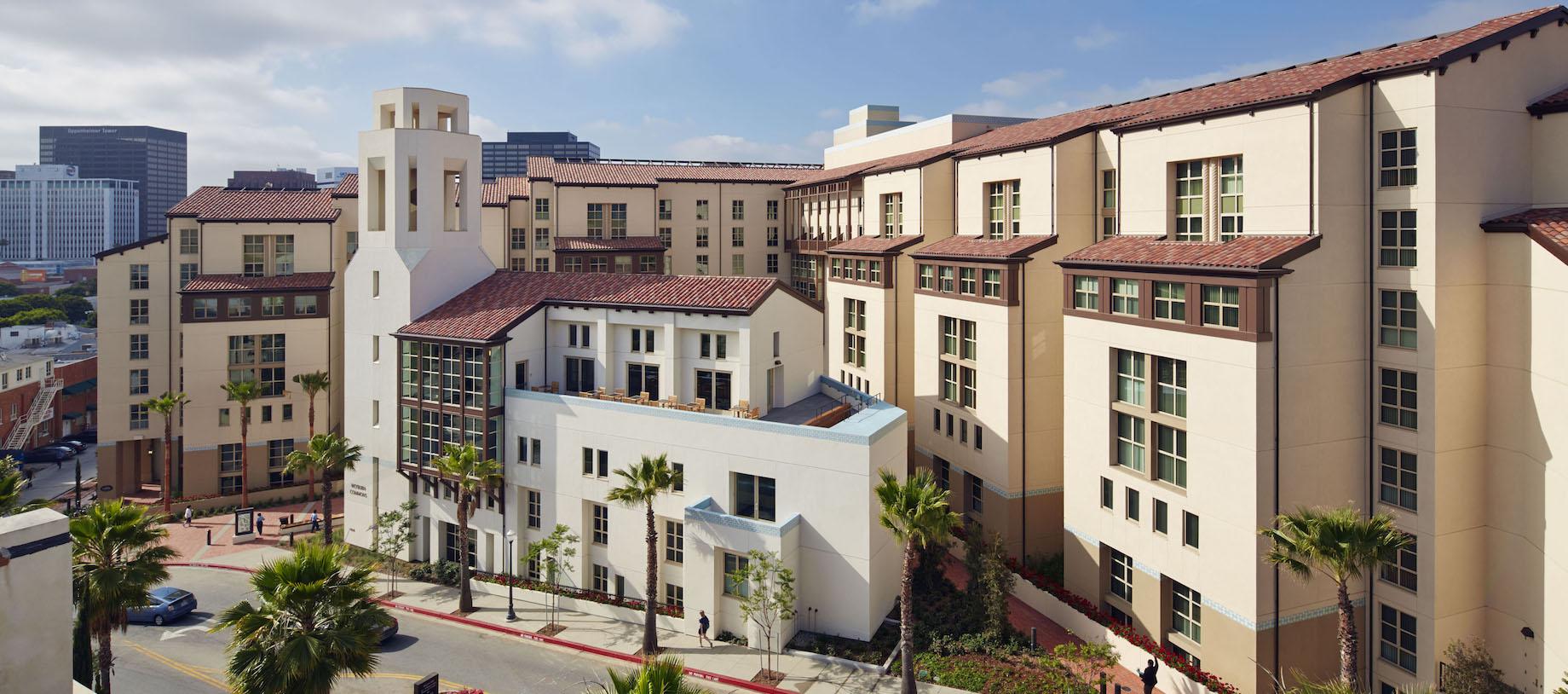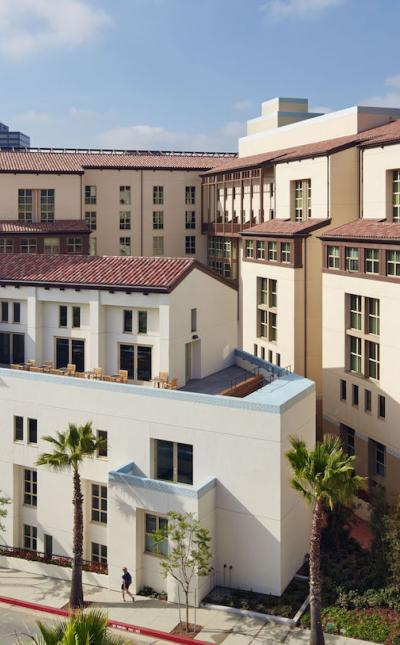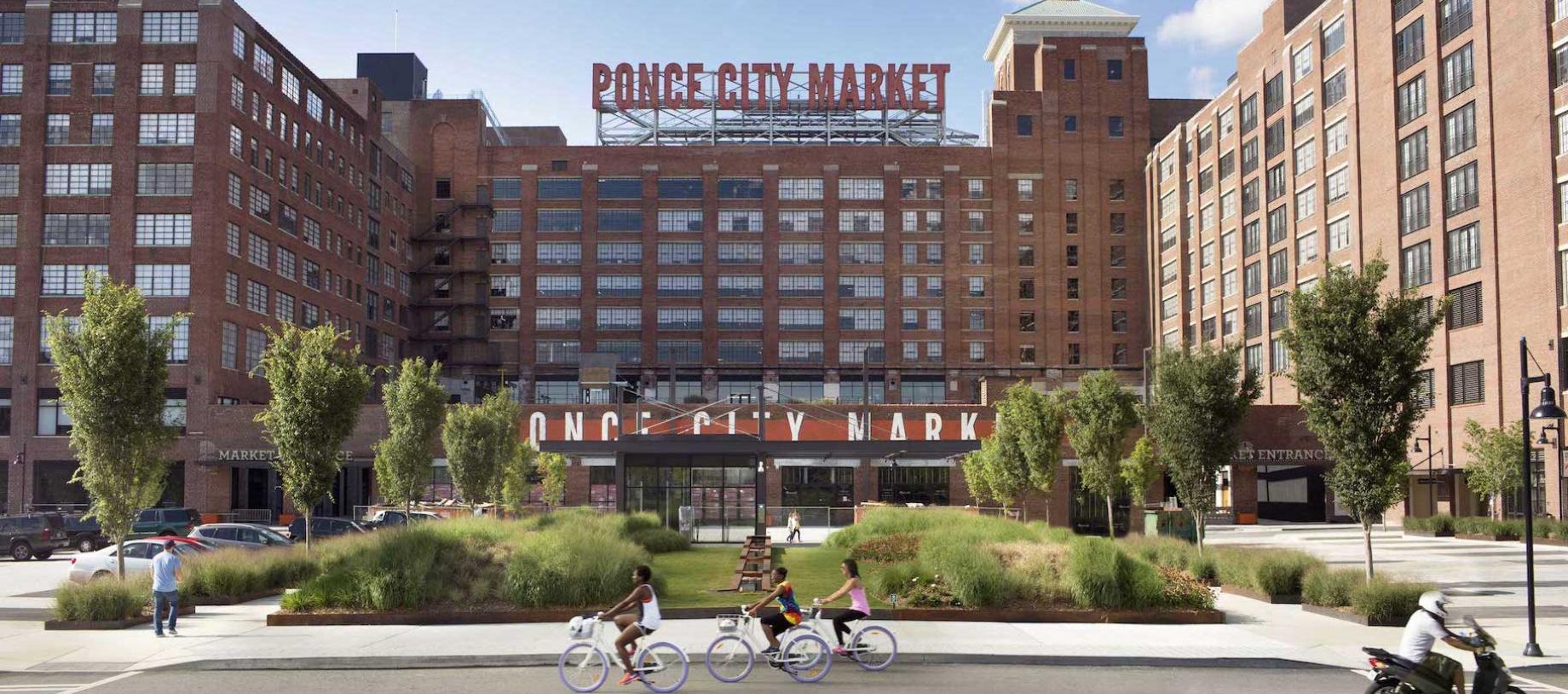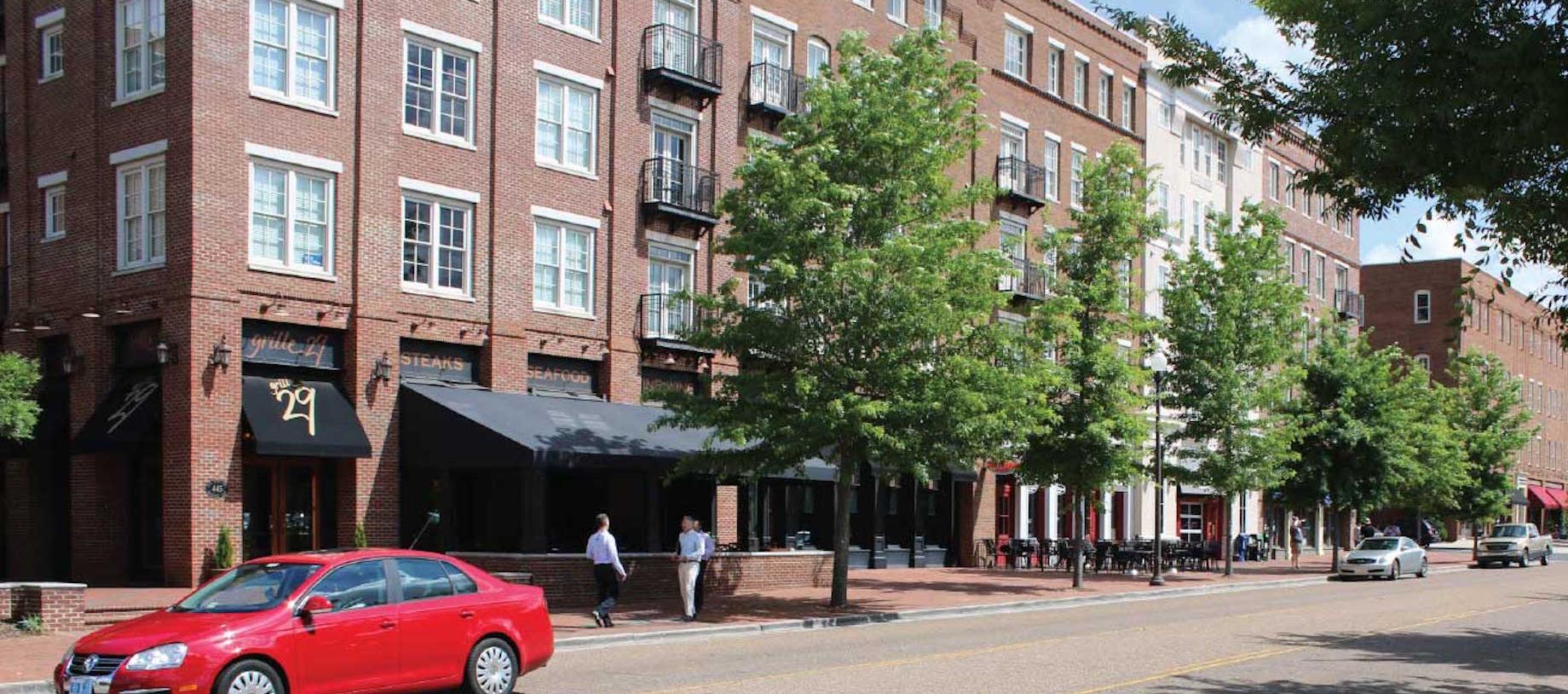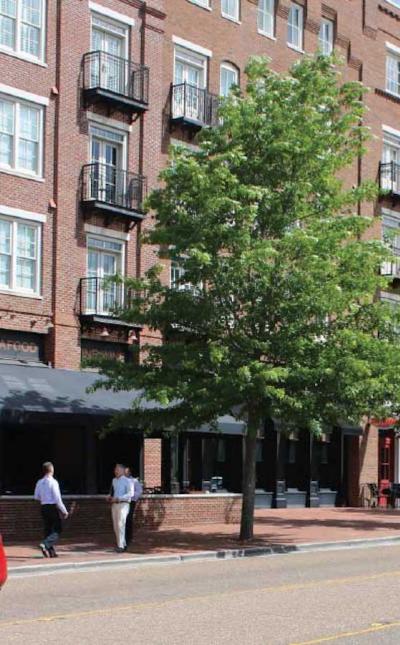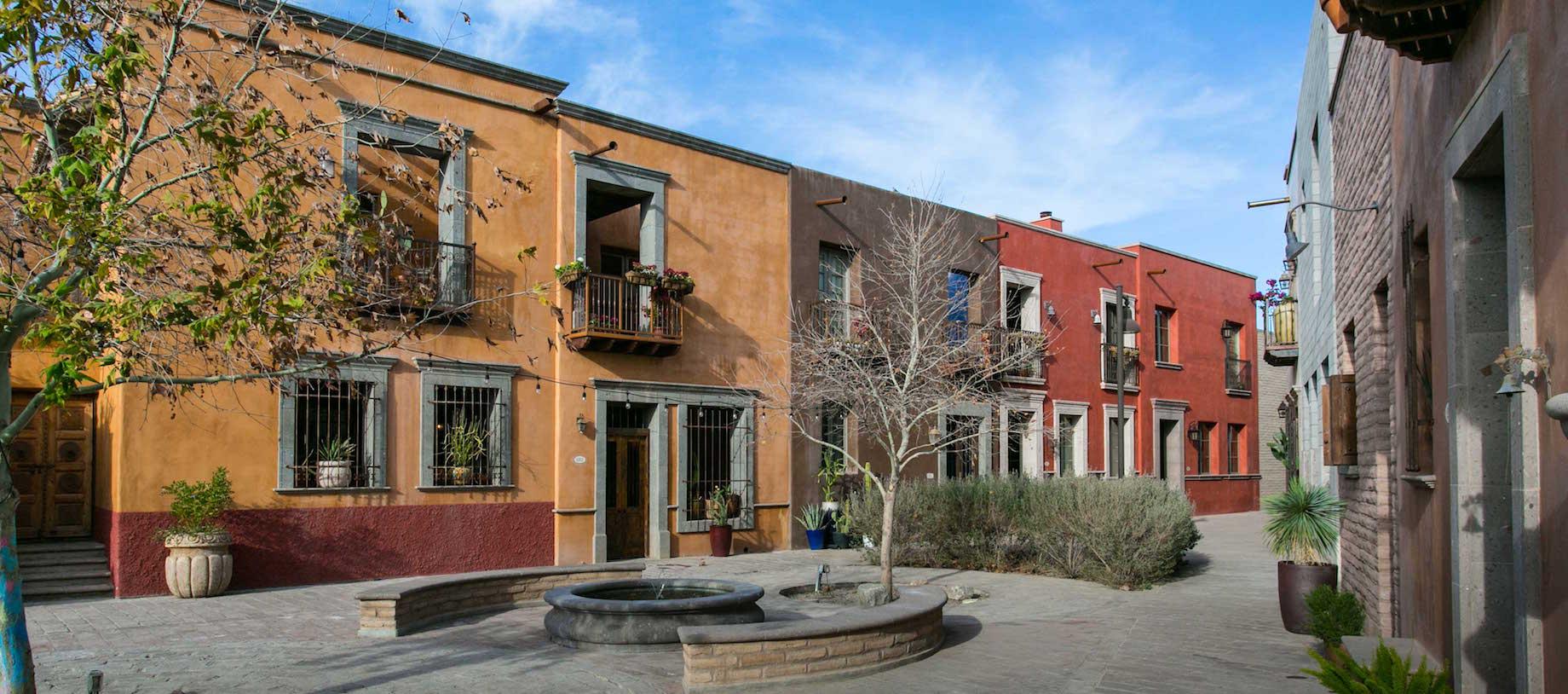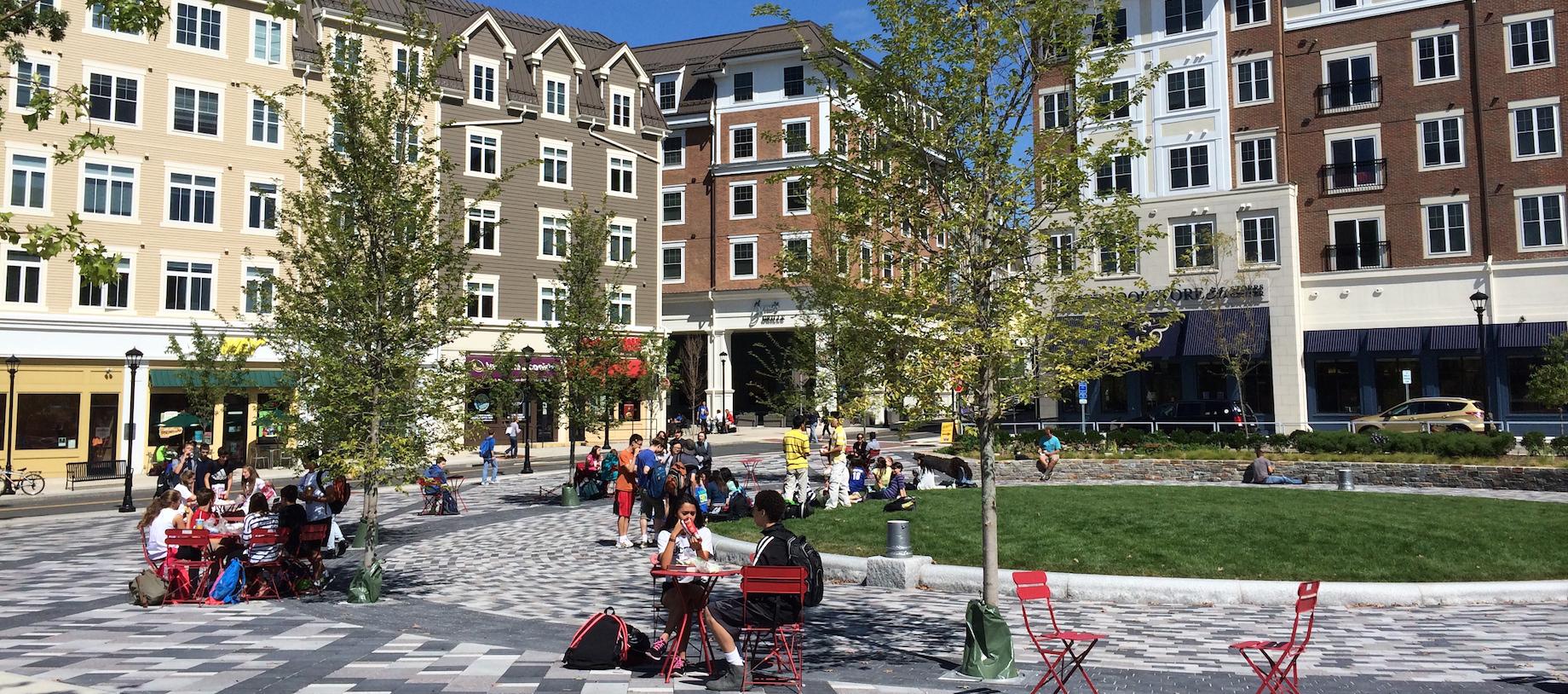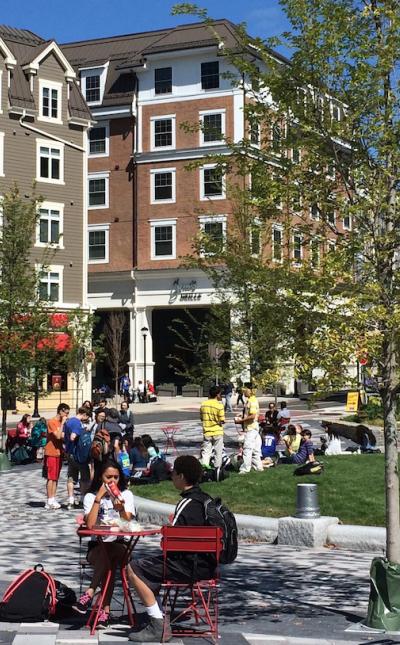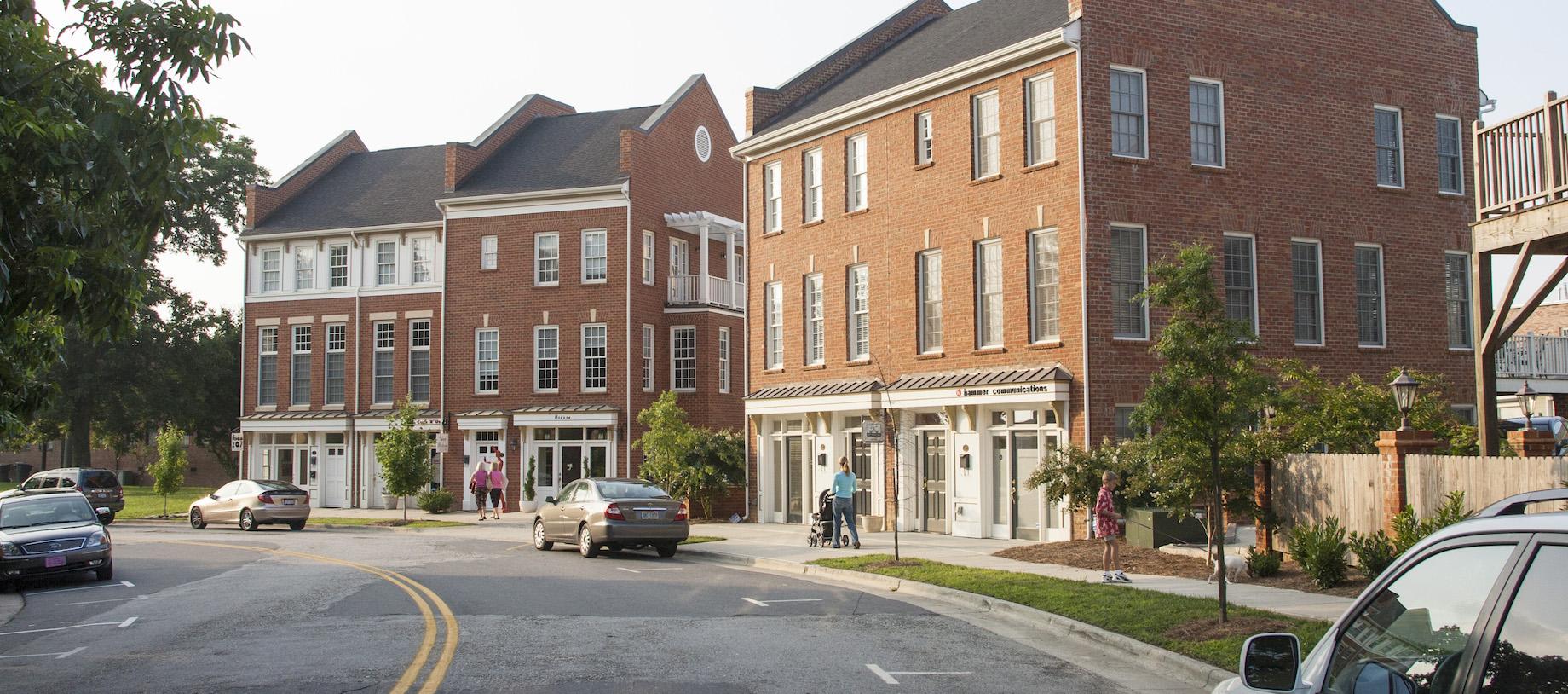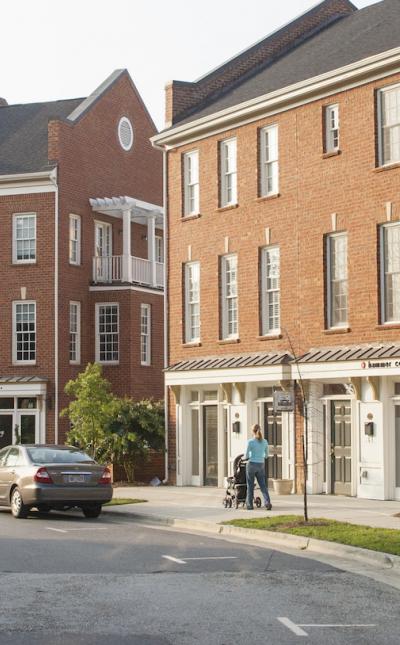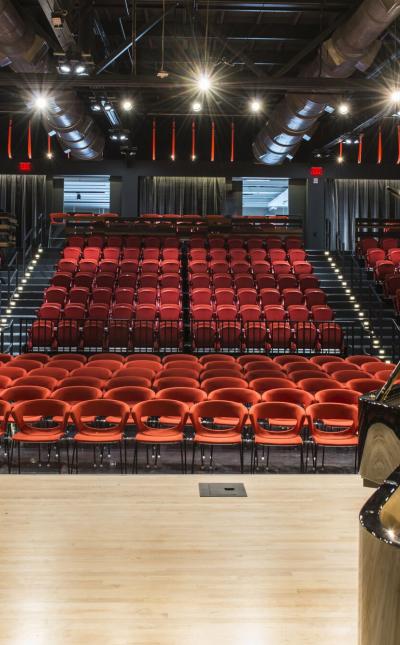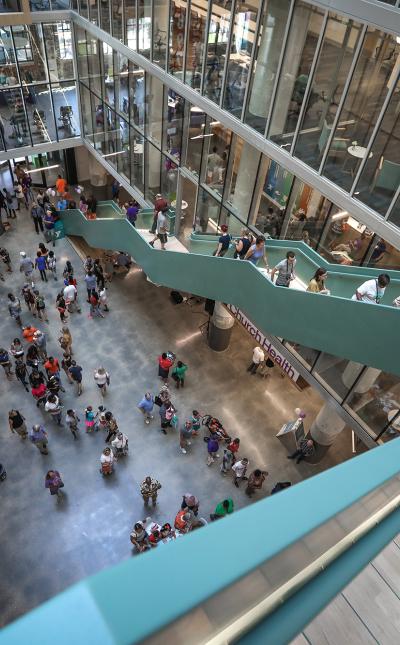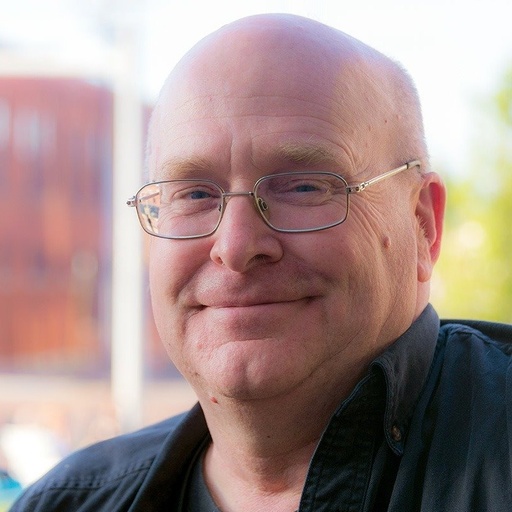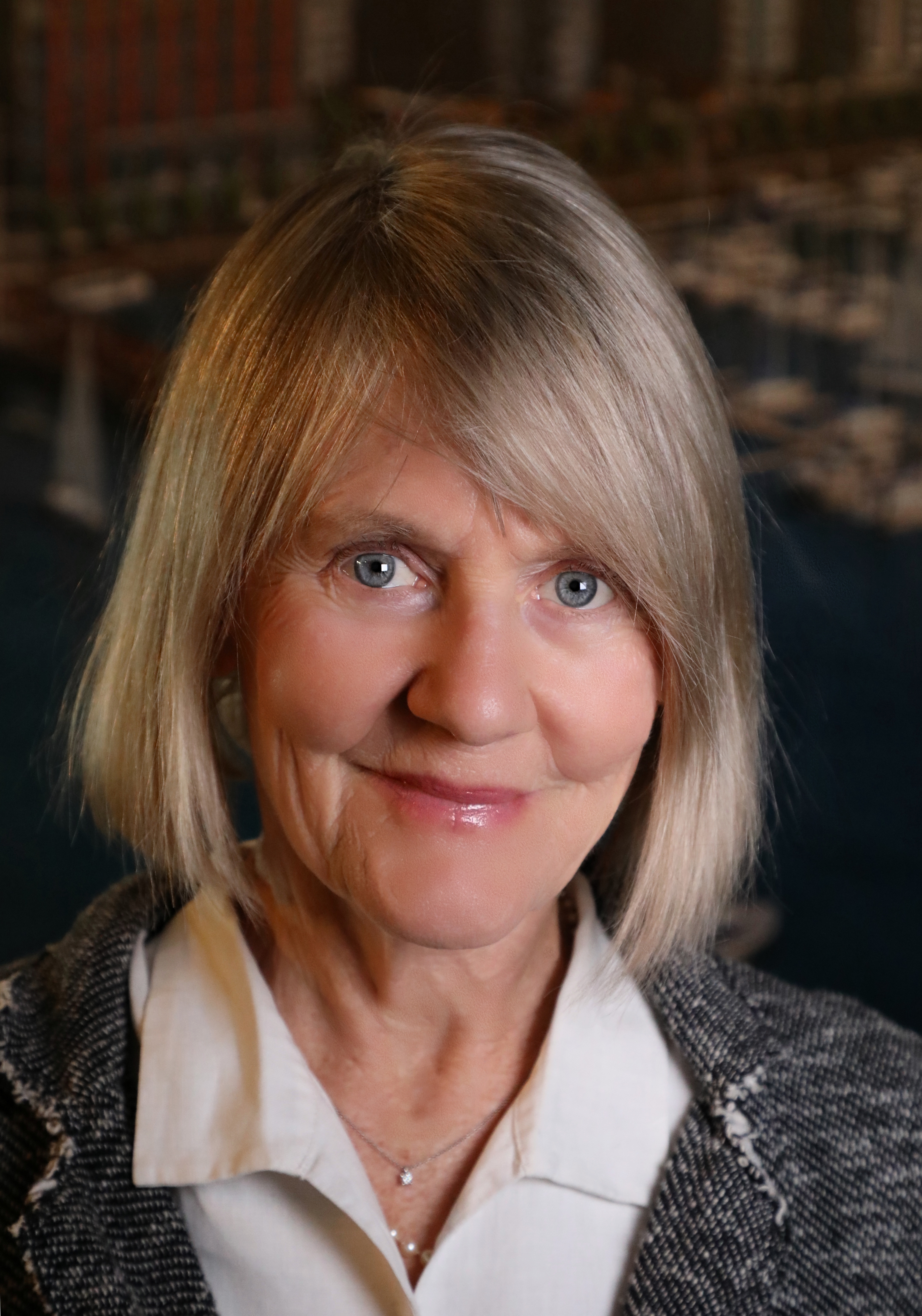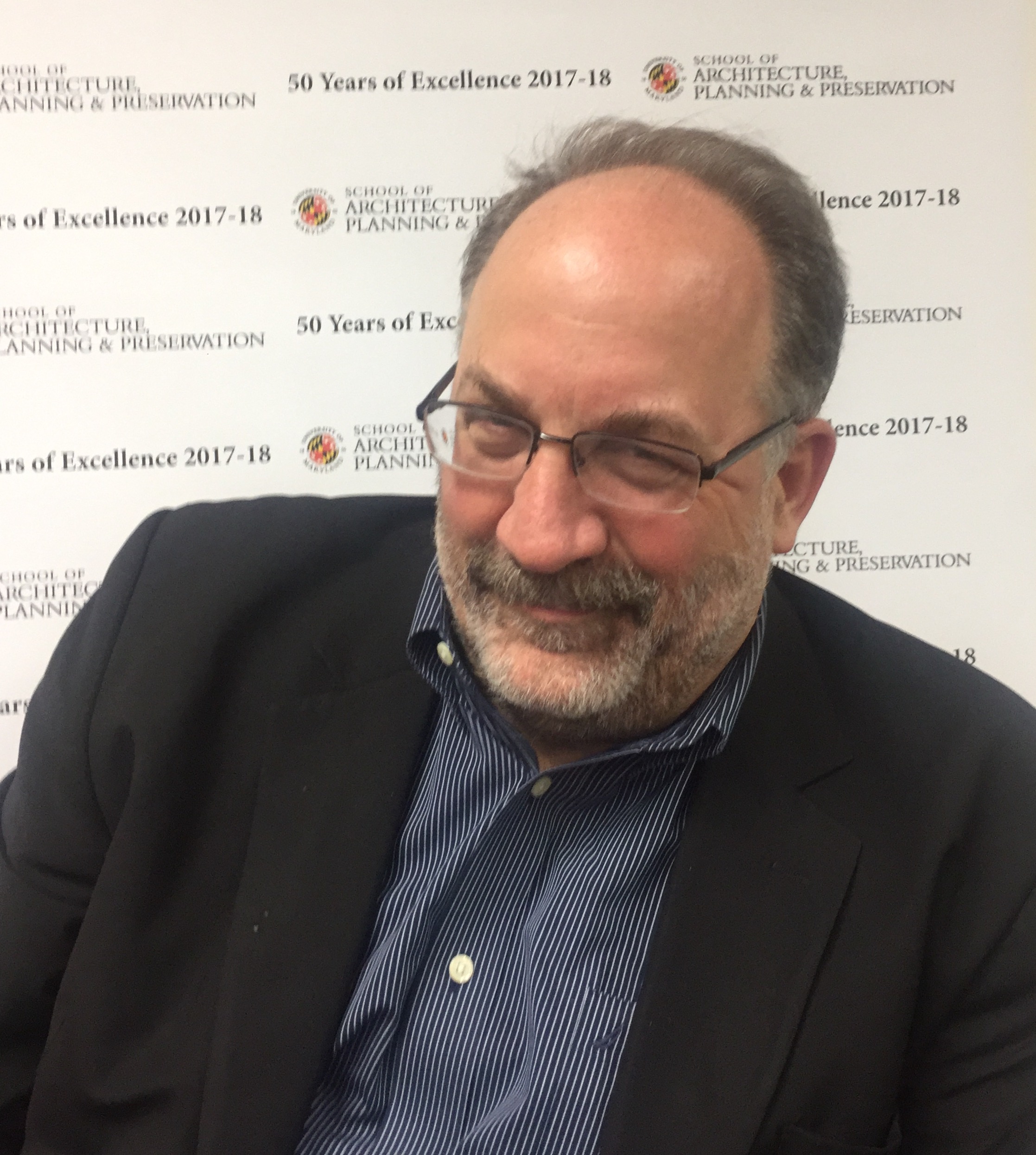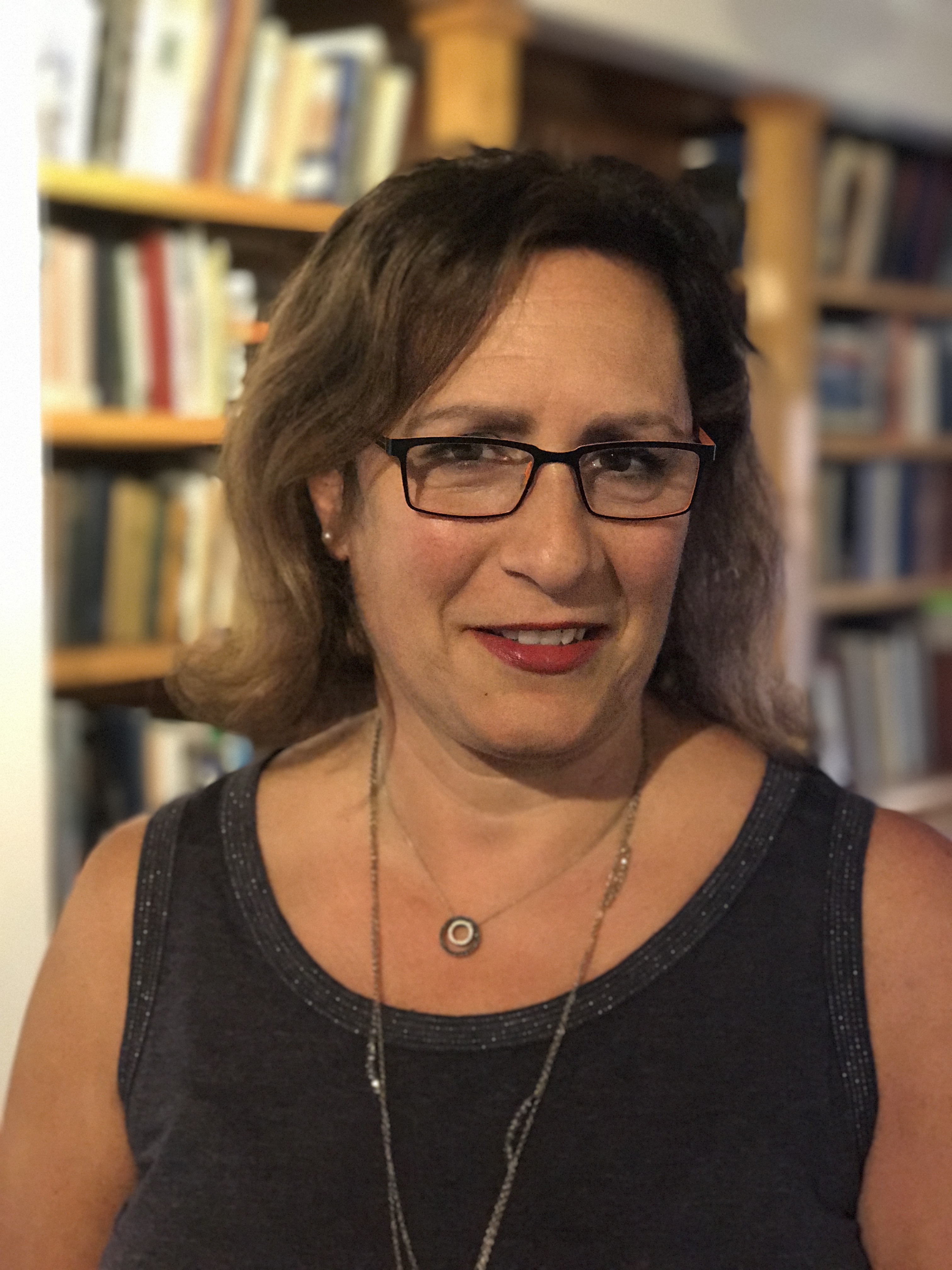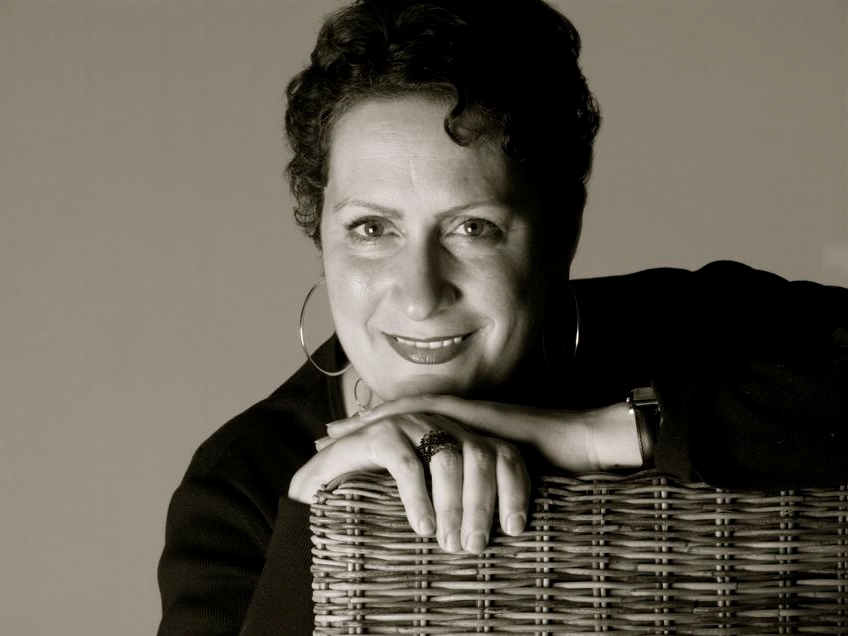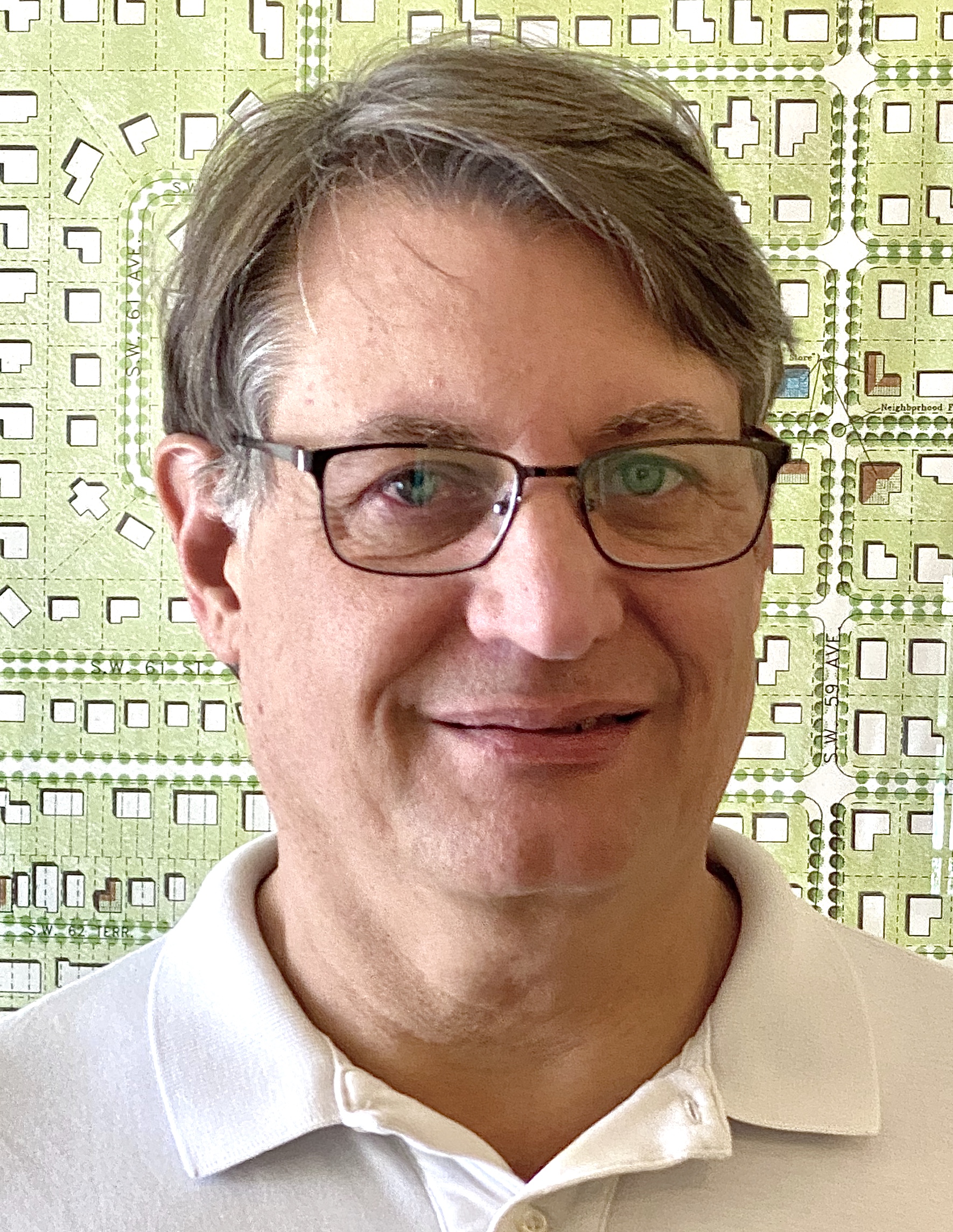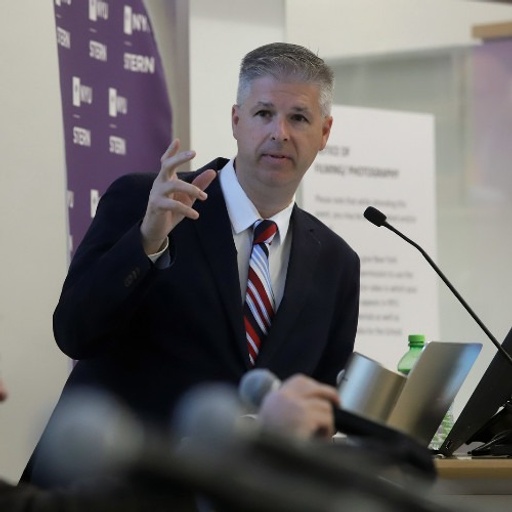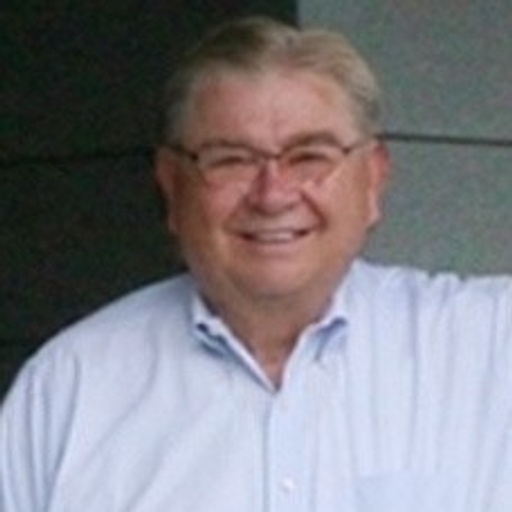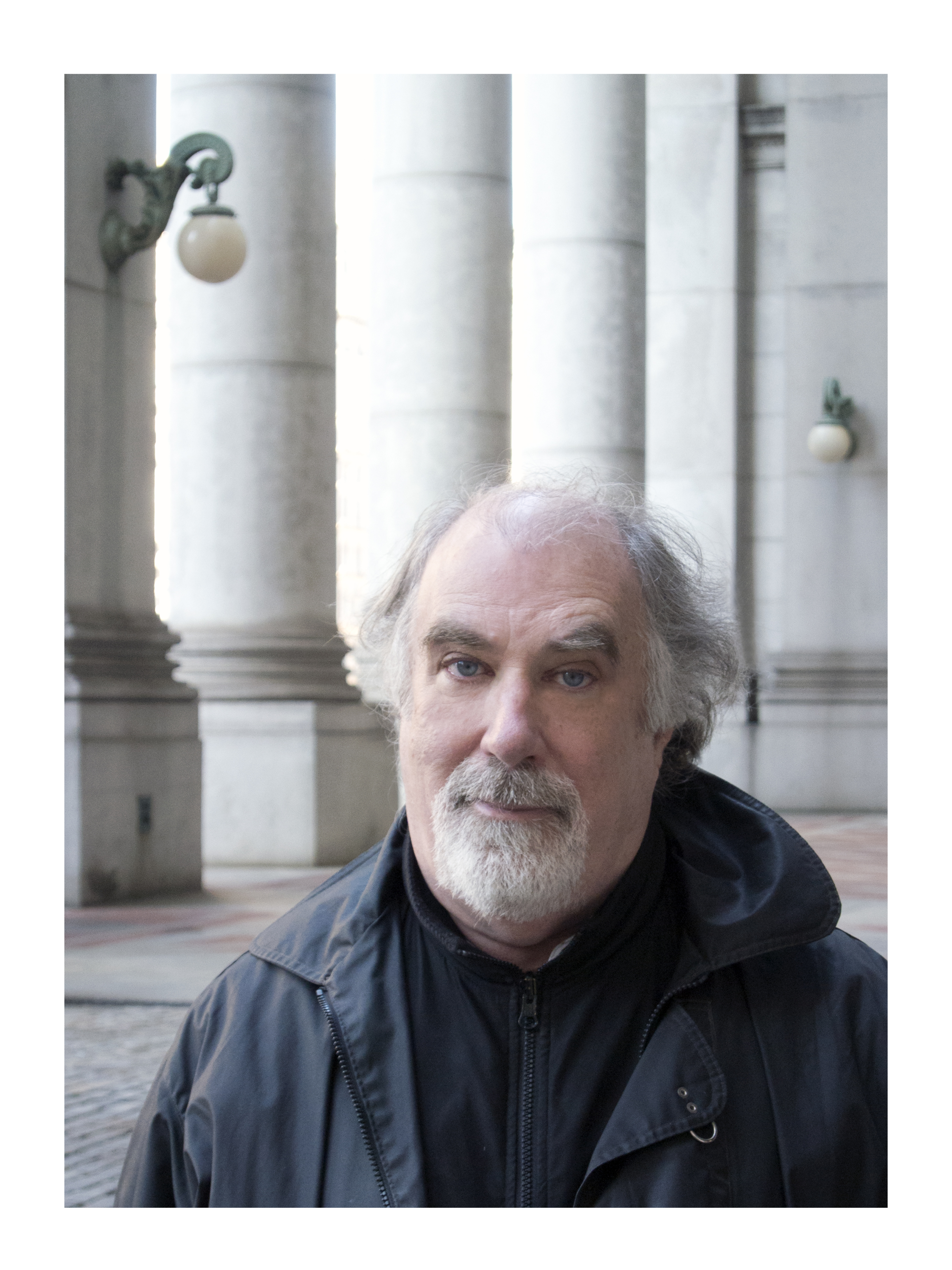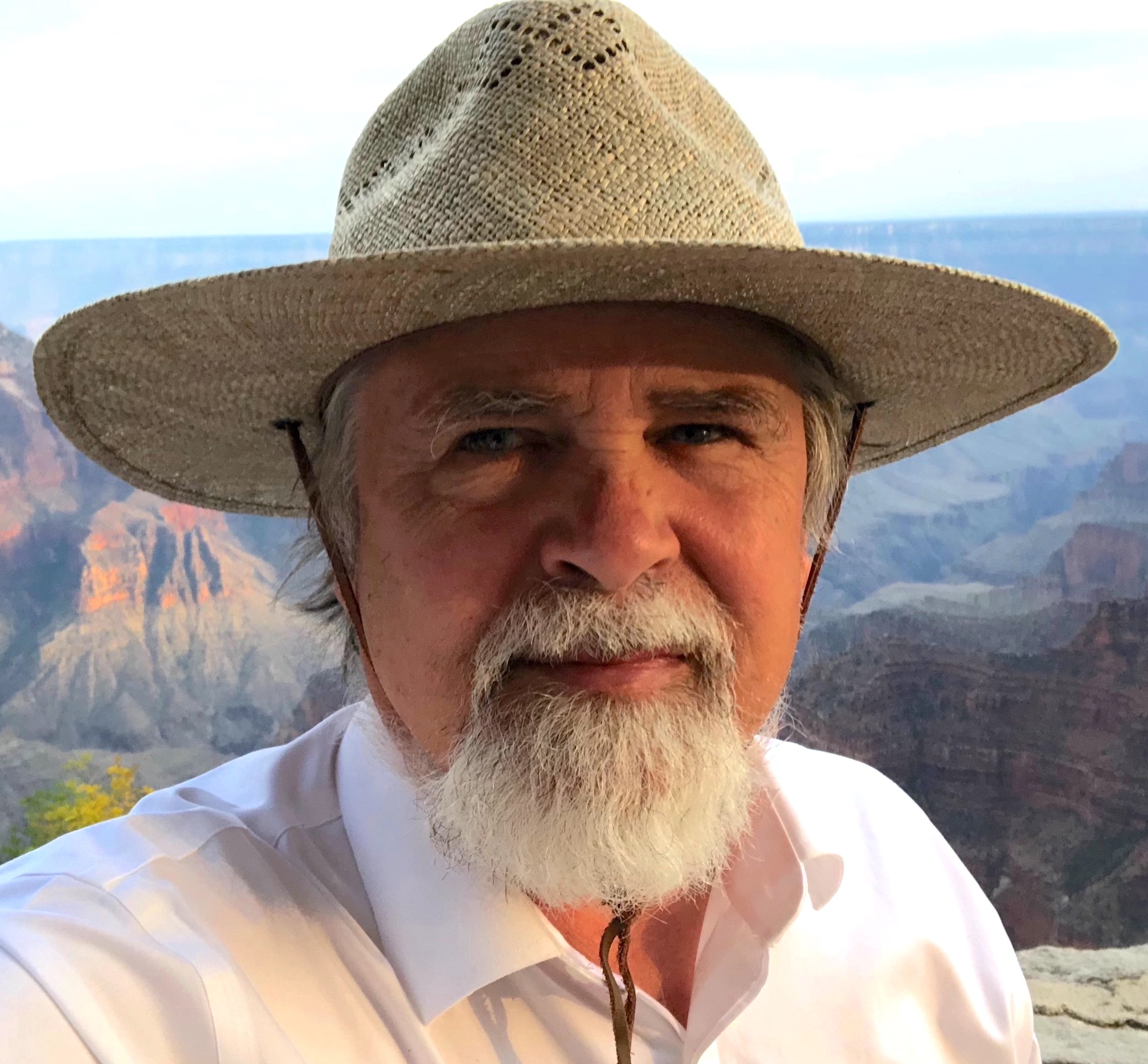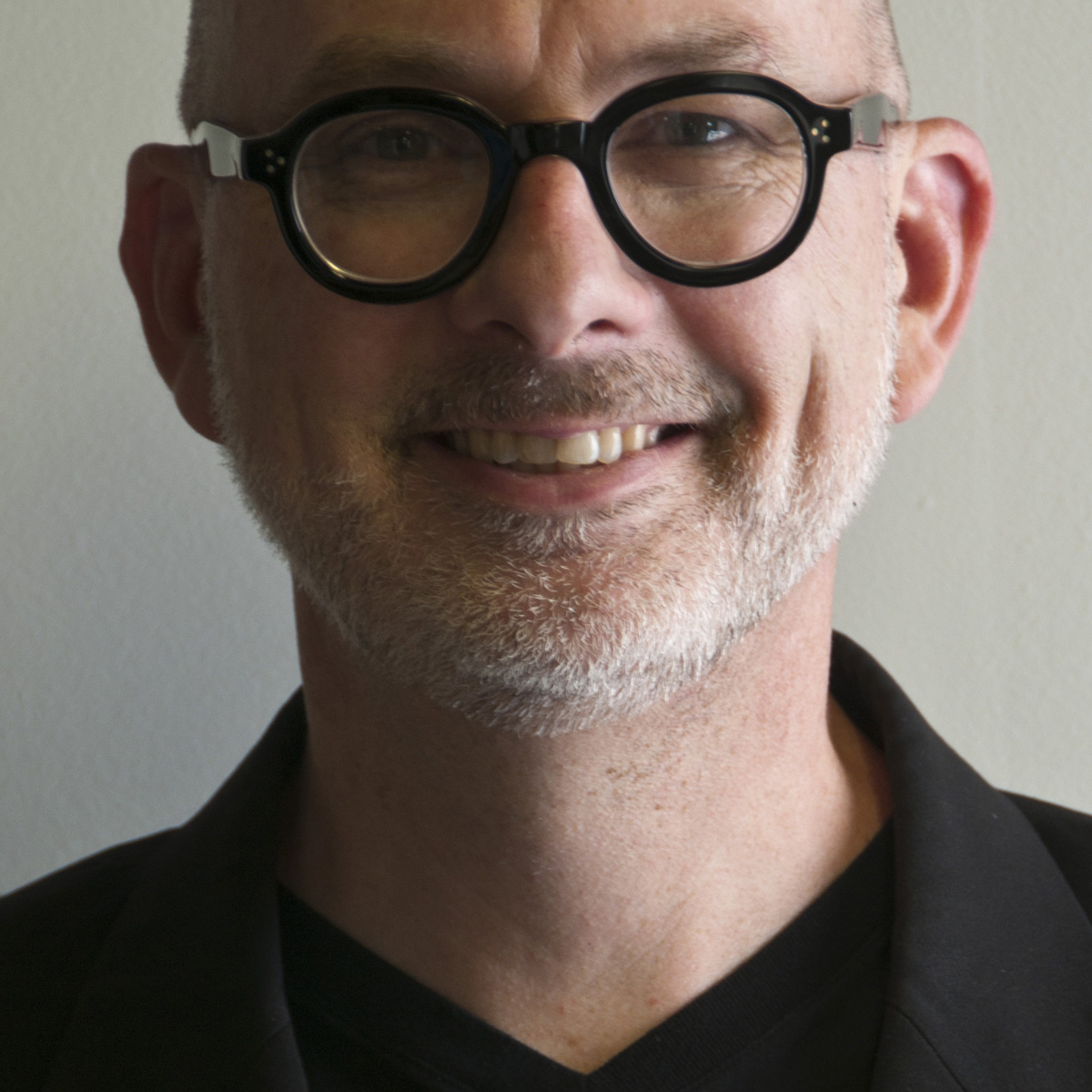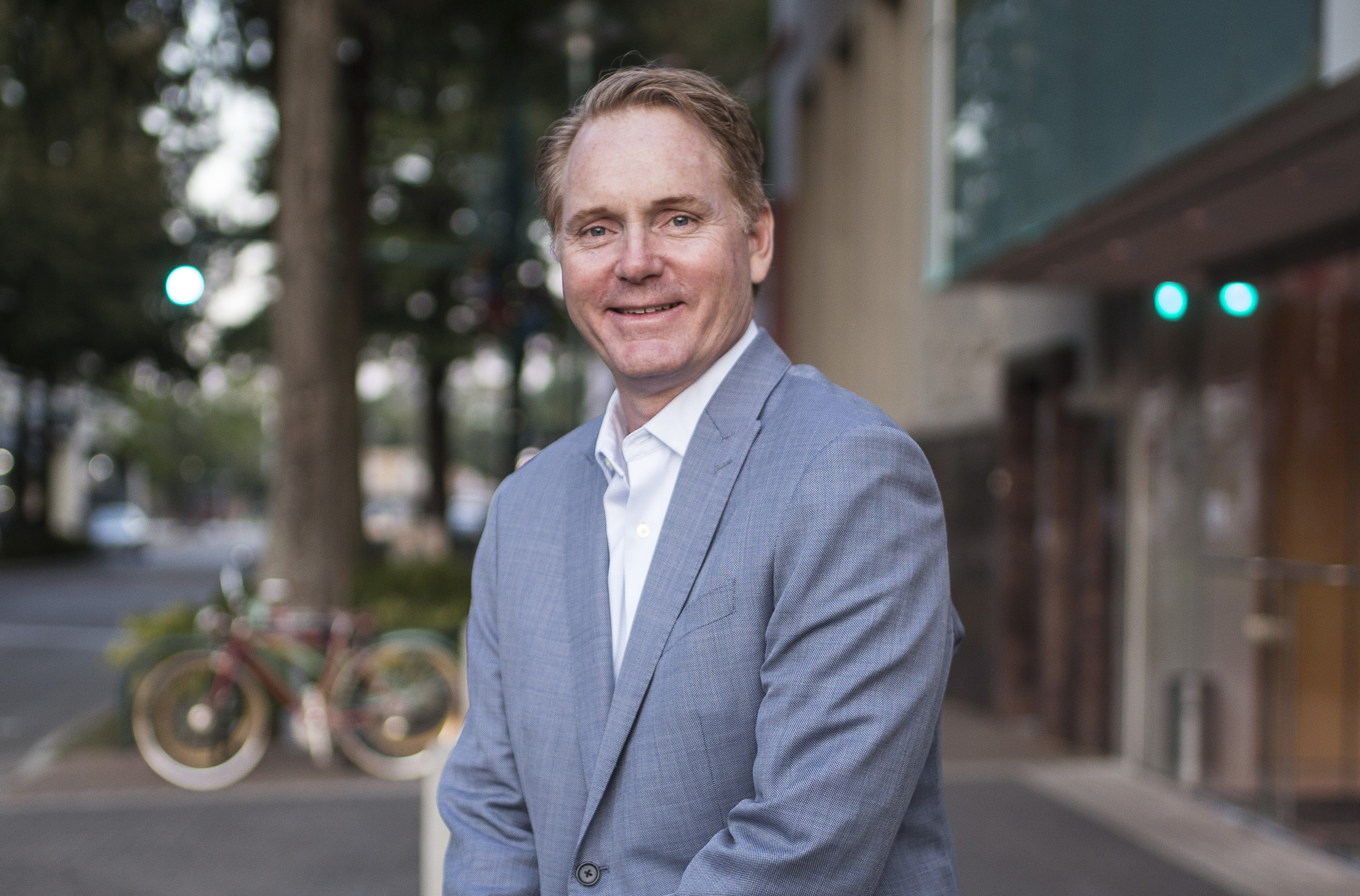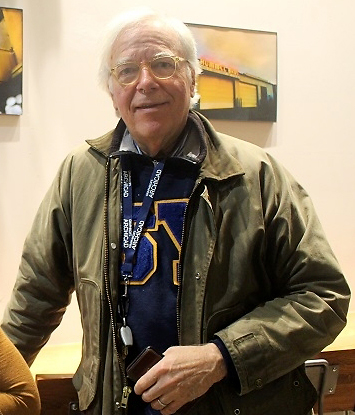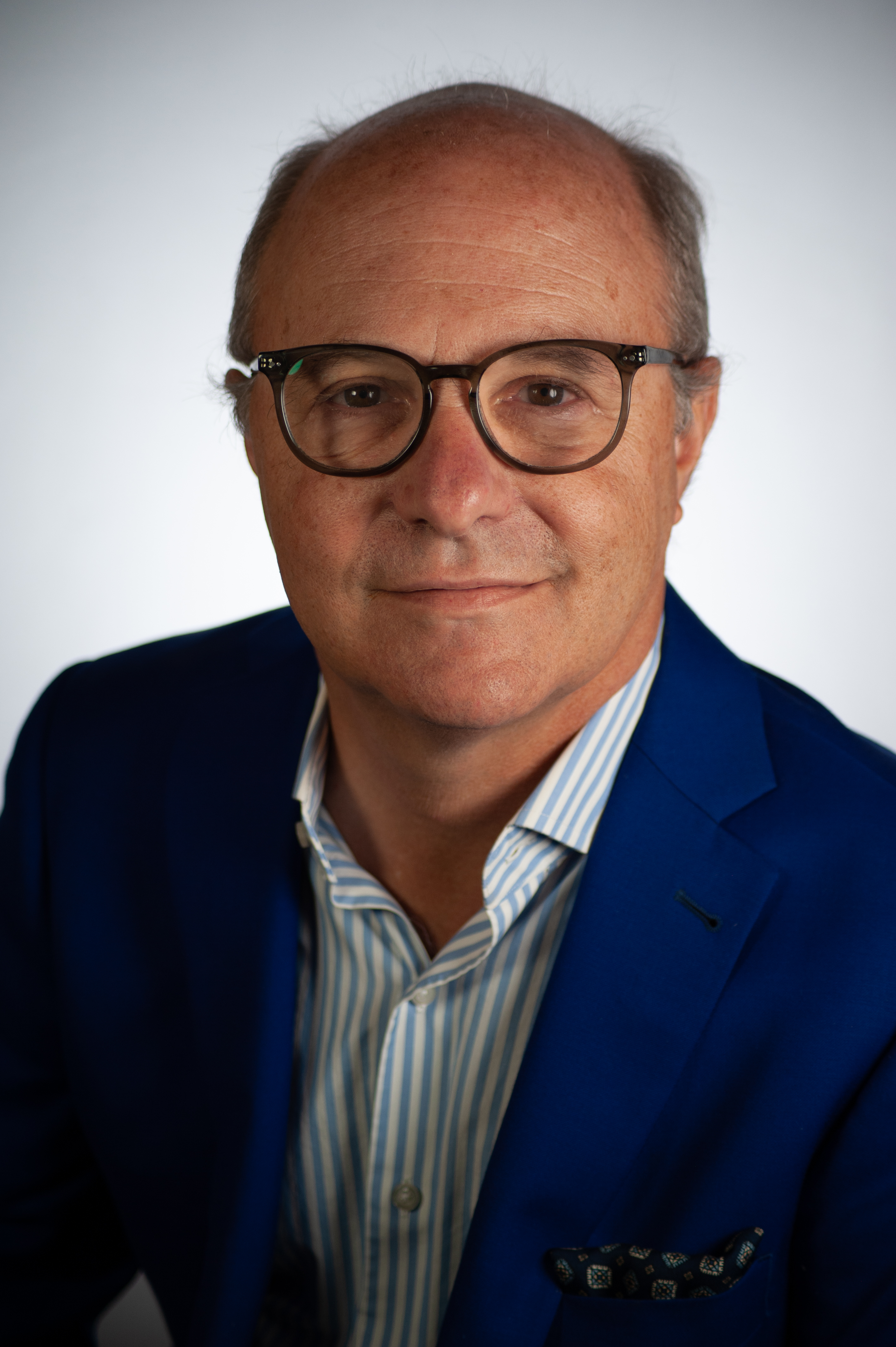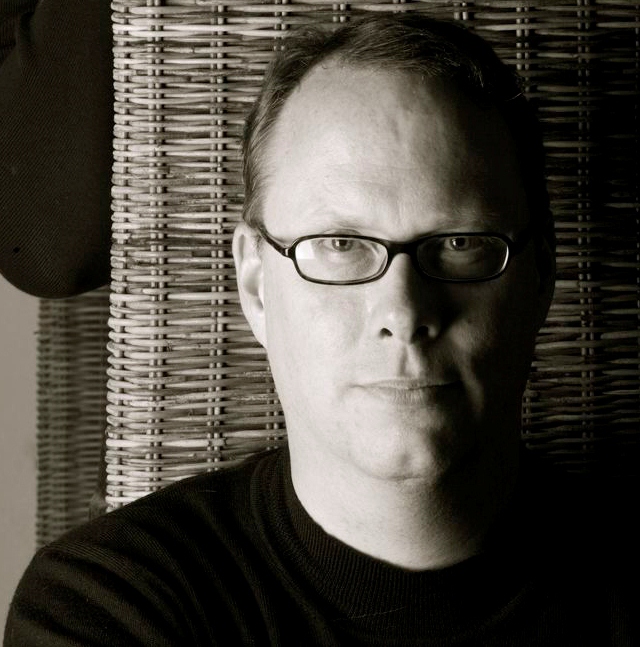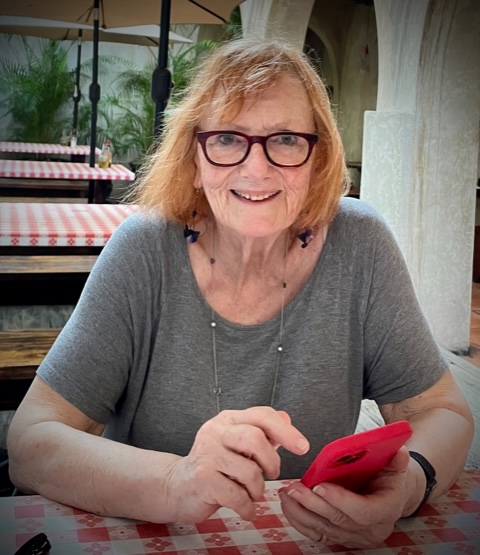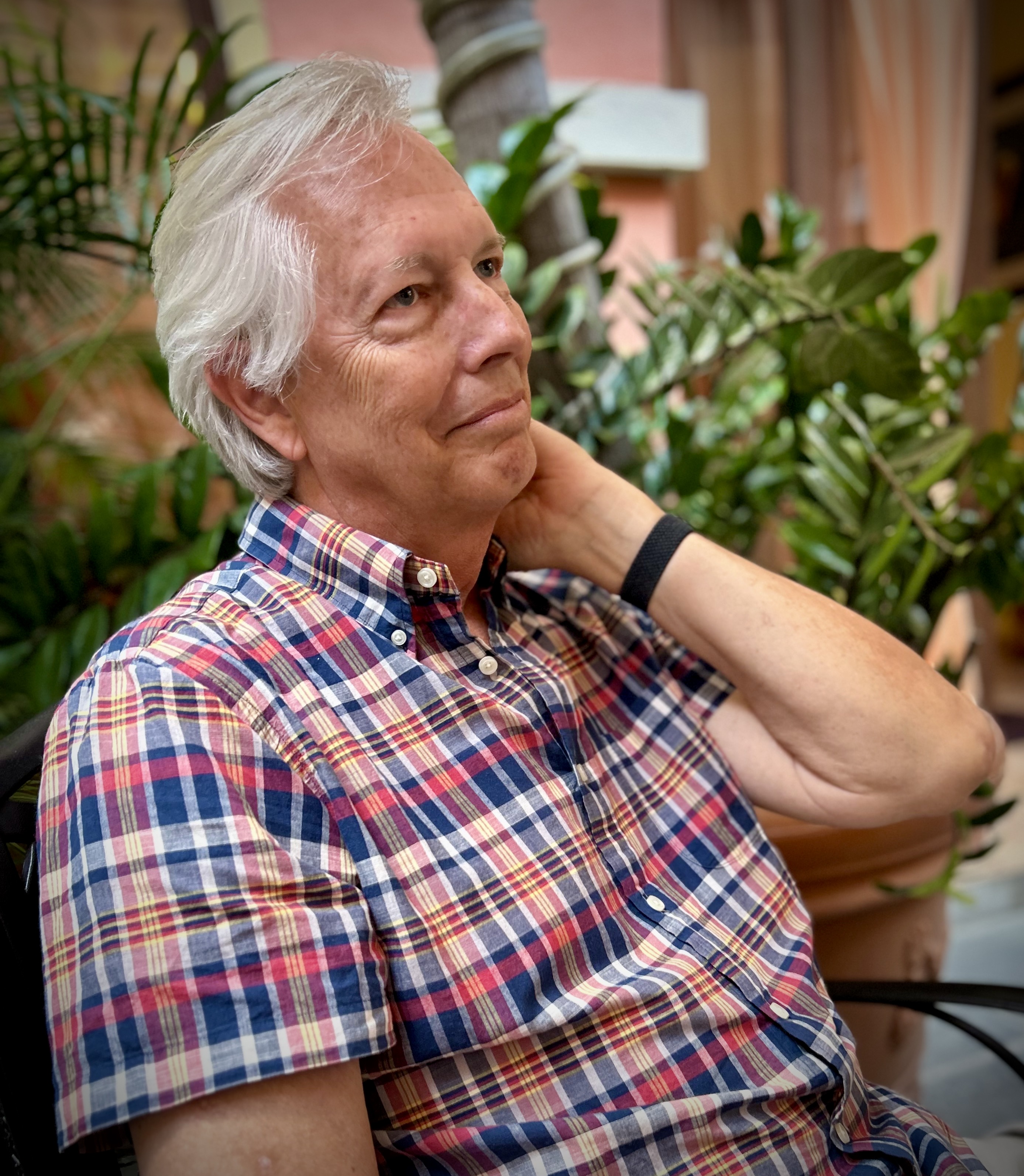In 2015, CNU named its inaugural class of Fellows - an honor roll for the Congress for the New Urbanism, recognizing those who have fought for urbanism in their local communities and across the world. Adding new voices each year, this honor roll of urbanists includes architects, planners, urban designers, writers, public officials, and developers, all of whom have made outstanding contributions to New Urbanism.
R. John AndersonR. John Anderson is a developer and urban designer who gained his early experience in the construction trades. John is best known as a founder of the Incremental Development Alliance, training a new generation of developers in the art of small-scale, neighborhood-friendly real estate development. He is currently working with a growing cohort of Emerging Developers in SW Atlanta. |
|
Elinor BaconElinor Bacon has more than 40 years of public and private experience in housing and real estate/community development. Her firm, E.R. Bacon Development, focuses on urban infill; mixed-use, mixed-income development, affordable housing and historic preservation. Bacon Development is a partner in Hoffman Madison Waterfront, developer of The Wharf, the 3.2 million square foot redevelopment of DC's Southwest Waterfront. The Wharf has received international acclaim and numerous awards including the 2020 CNU Grand Prize Charter Award for Phase 1. In 2001, as the first President and CEO, Bacon launched the National Capital Revitalization Corporation, a quasi-public real estate development corporation whose mission was to spur economic development throughout the District, primarily in neighborhoods of need. From 1997 through 2000, Bacon served as Deputy Assistant Secretary, HUD Office of Public Housing Investments, to administer the $4.2 billion HOPE VI Program to transform severely distressed public housing and the lives of residents and other Public Housing Capital Programs with approximately $2.5 billion in annual appropriations. She spurred interest among Housing Authorities throughout the US in the principles of New Urbanism, featuring CNU speakers at national HOPE VI conferences and issuing a booklet by Ray Gindroz on New Urbanism and Accessibility. CNU members firms designed many HOPE VI developments, often receiving CNU Charter Awards. Among other recognitions, with Ray Gindroz, Bacon was awarded the 2004 Seaside Prize for her work in HOPE VI. She wrote a vignette of her first visit to Seaside found in the chapter by Ray Gindroz in Dhiru Thadani's 2021 book, Reflections on Seaside. |
|
Matthew BellMatthew Bell, FAIA is Professor of Architecture at the University of Maryland and Principal at Perkins Eastman in Washington, DC. He has served as president of the Neighborhood Design Center, and Director of the Northeast Mayor’s Institute for City Design. His work has been exhibited at the Triennale di Milano and he has served as a juror for the Biennale of Venice (Italy). Bell’s graduate students have won awards from the AIA, the CNU and the Urban Land Institute/Gerald Hines Urban Design and Development Competition. Recent projects with Perkins Eastman include: master plans for the new town of Crown, MD and McMillan in DC; Dunbar High School (DC); the new Garvey Hall (Dining Commons) at Catholic University; Cleveland Park Library (DC); Collection 14 (DC) residential and retail development; and campus master plans for George Washington University and American University. Bell is a Fellow of the American Institute of Architects and his work has received awards from the AIA, the CNU, the USGBC, and the Urban Land Institute. In 2020 he was appointed by Mayor Bowser to the Historic Preservation Review Board in Washington, DC. Bell has degrees in Architecture and Urban Design from the University of Notre Dame and Cornell University. |
|
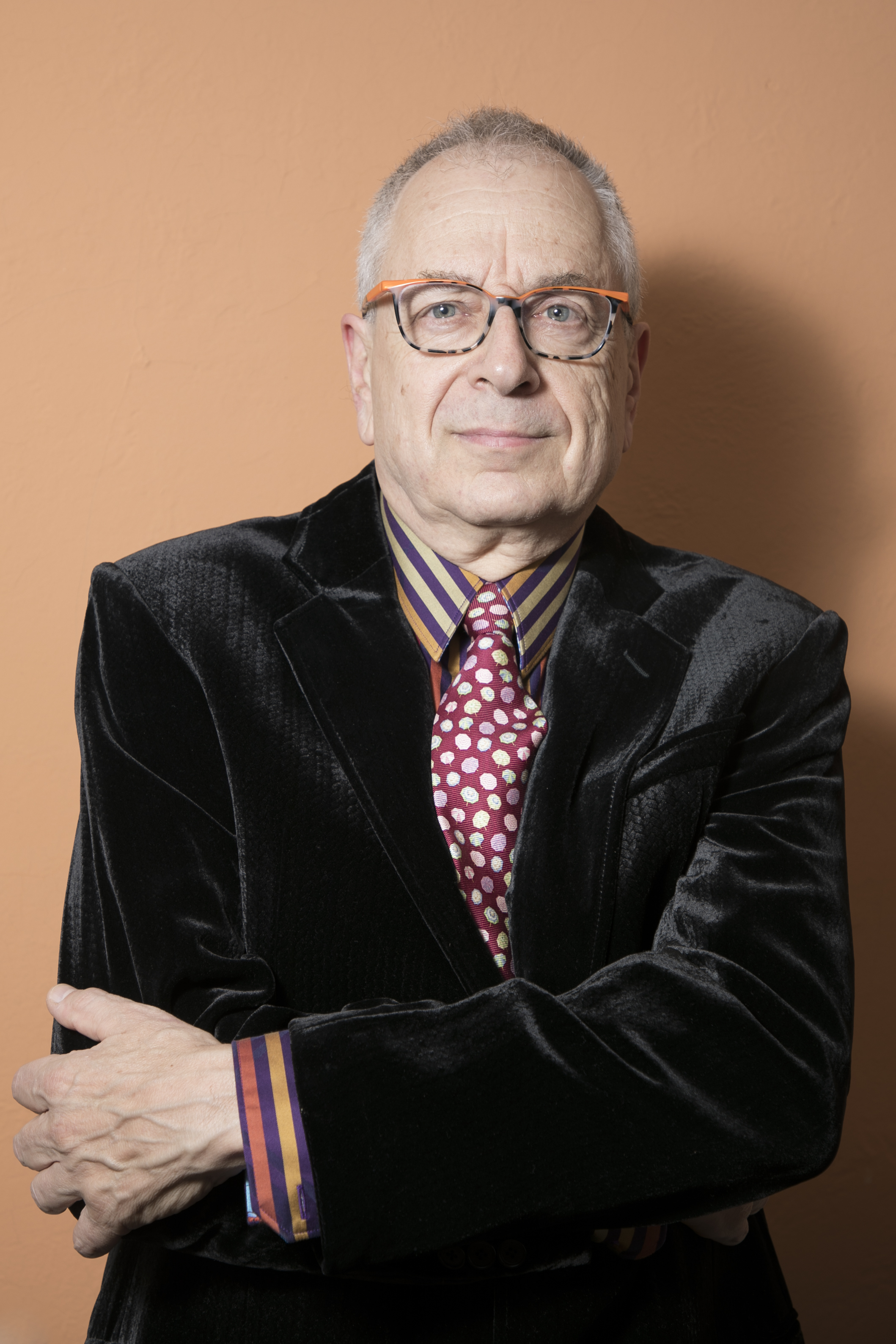 |
Scott BernsteinScott Bernstein is the Center for Neighborhood Technology (CNT), founder, and emeritus president and chief innovation & strategy officer serving from 1977-2019). CNT is a Charter signatory, and Scott has been an active CNU member for over two decades, a Board member from 2010-2017, speaker at most Congresses, and is an active participant in Highways-to-Boulevards and Federal Financial Institutions Reform Initiatives. He brought analytical rigor to the provision of measured benefits resulting from urbanism old and new, bridging between environmental scientists and economists for whom measured outcomes are essential, and urban designers and leaders nationwide, e.g. pioneer in new methods of measuring housing affordability by including the true local cost of transportation. He successfully sued President Ronald Reagan reversing multi-billion dollar cuts to capitalize the urban-oriented Solar Energy & Energy Conservation Bank and took similar actions to direct reinvestment at scale in American neighborhoods, towns and cities. He has recieved the MacArthur Foundation Award for Creative & Effective Organizations, special recognition award from USDOE for successful at-scale application of energy efficiency in lower income multi-family housing, other awards for innovations that help value effective and inclusive urban performance. Scott currently serves as a Senior Fellow for the Mayors Innovation Project, strategic adviser to Price Institute Rutgers-Newark, is involved with Shared Use Mobility Center, Elevate Energy, the American Council for an Energy Efficient Economy. He is passionate about developing new tools to help support planned domestic migration that results from severe weather and climate change, and to support urbanism as climate readiness. |
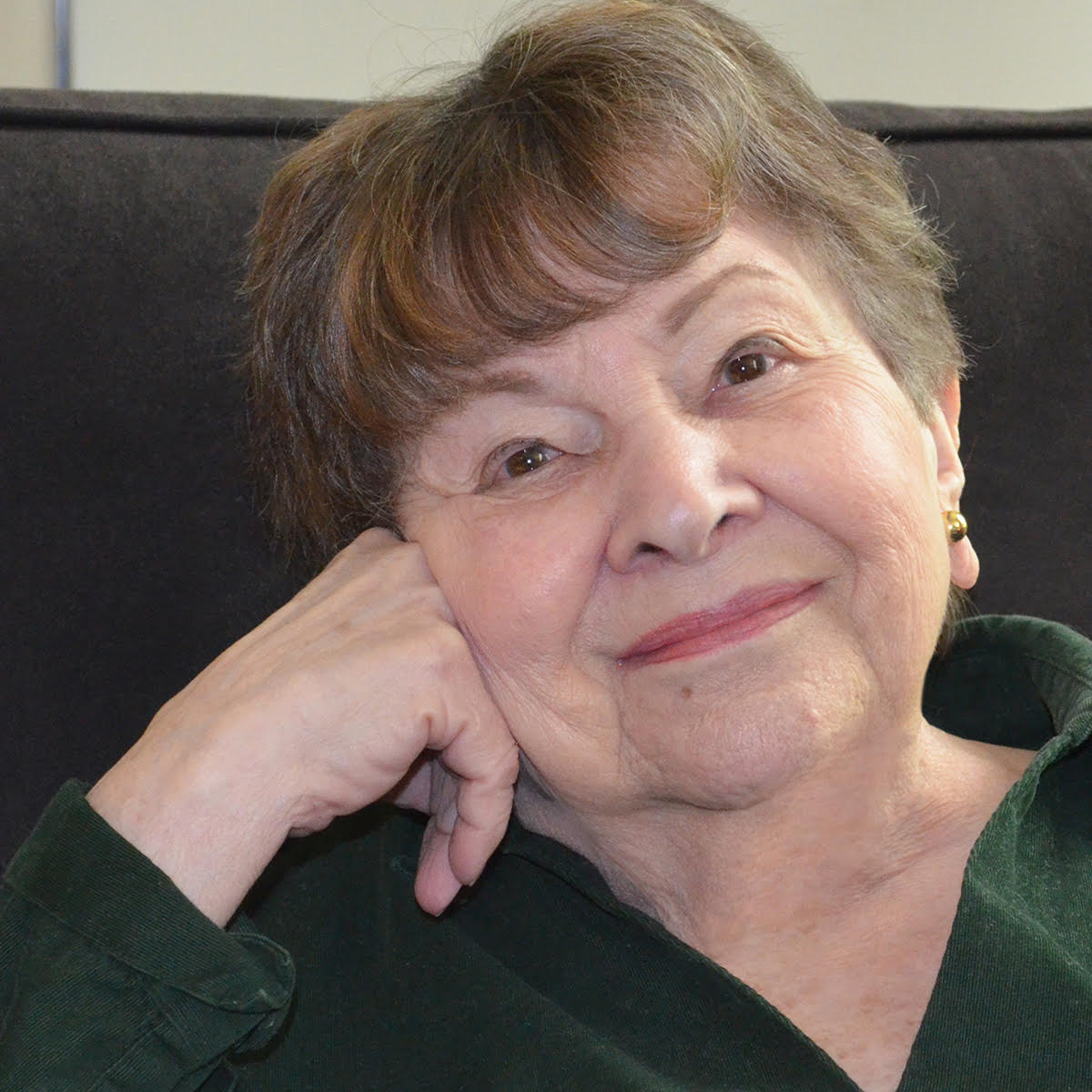 |
Phyllis BleiweisPhyllis is a long-time member of CNU, beginning with CNU IV, attending more than 20 Congresses, and served on several CNU committees, most notably the Education Task Force holding important annual Congress sessions and working groups. She was Executive Director of the Seaside Institute (SI) for 13 years, from 1996 to 2009 when she retired to Serenbe. Under her direction SI evolved and expanded, and became a model to help grow New Urbanism. It served as a resource for the design, planning, and development fields by offering seminars on NU principles and practices with more than 60 events. From Miami to Seattle, SI seminars included lessons on the Transect, Form-Based Codes, sustainable communities, development budgeting, housing selection and siting, and town centers with successful retail planning. SI hosted the first debate about New Urbanism between Andrés Duany and other New Urbanists vs. Rem Koolhaas and his colleagues. SI also founded the Seaside Pienza Institute and produced seven seminars in Europe studying “old” urban communities. SI published books including those by the CNU founders, board and members. The Seaside Prize was managed by SI. |
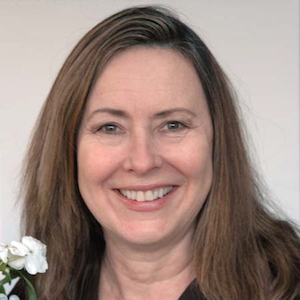 |
Stephanie BothwellStephanie Bothwell is a principal of Stephanie Bothwell Urban and Landscape Design. As a landscape architect and urban designer, Bothwell has been a leader in New Urban (NU) education as faculty at Auburn University and The Rhode Island School of Design, a protagonist in the federal HOPE VI program, and currently as adjunct faculty at the School for Ethics and Global Leadership in London. She established The American Institute of Architects’ Center for Livable Communities, highlighting NU leadership and principles. She has been deeply involved nationally and locally in CNU since its inception, serving as Treasurer and a member of its executive board, and as President and Co-founder of CNU-DC. She is a CNU Charter Award winner for the Norfolk new town of East Beach as Town Landscape Architect. As a Citizens Association of Georgetown Board Member, she chairs the newly established Georgetown District Committee focused on its public realm. She also sits on the George Washington and Georgetown University Public Space Collaborative. |
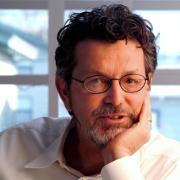 |
Peter CalthorpePeter Calthorpe’s long and honored career in urban design, planning, and architecture began in 1976, combining his experience in each discipline to develop new approaches to urban revitalization, suburban growth, and regional planning. In 1983, Peter Calthorpe founded the award-winning firm of Calthorpe Associates devoted to sustainable urban design and planning globally. Throughout his honored career in urban design, planning, and architecture, he has been a pioneer of innovative approaches to urban revitalization, community planning, and regional design. For his contribution to redefining the models of urban and suburban growth, Calthorpe was awarded ULI’s prestigious 'J.C. Nichols Prize for Visionaries in Urban Development' in 2006. He is one of the founders and the first board president of the Congress for the New Urbanism. |
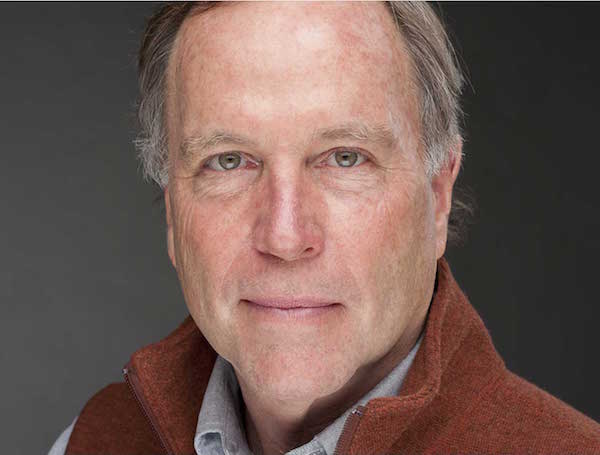 |
Arnold B. "Buff" ChaceA pioneer in suburban retrofit and major developer in downtown Providence, Rhode Island, Chace built Mashpee Commons in Massachusetts. Chace owned a shopping plaza in Mashpee that he converted into a town center—New Urbanism's first suburban retrofit—that now serves as the town's commercial and social hub.
|
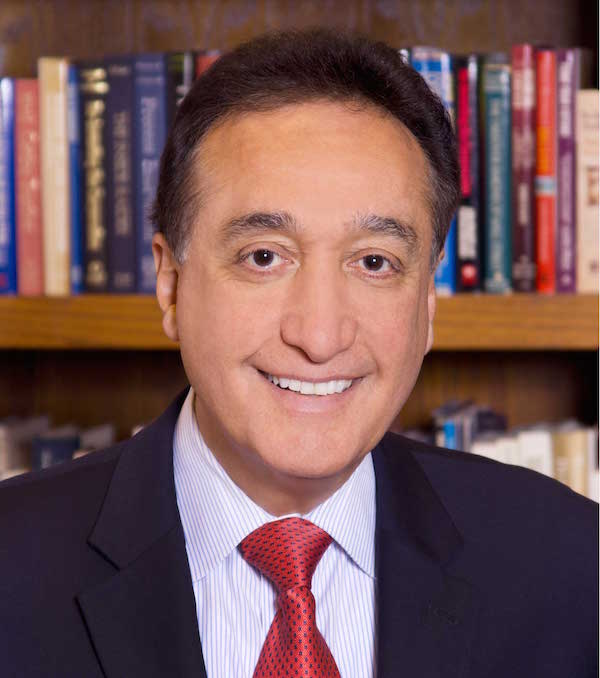 |
Henry CisnerosSecretary of Housing and Urban Development (HUD) in the Clinton Administration, Cisneros launched the HOPE VI program to reinvent failed public housing projects using new urban design guidelines. A former mayor of San Antonio, Cisneros signed the Charter of the New Urbanism in 1996. He founded American City Vista—now CityView—a home builder with an urban focus. |
 |
Daryl DavisDaryl Rose Davis is the co-founder of the community of Seaside, Florida alongside Robert Davis, and she additionally founded The Seaside Institute and the Downtown Seaside Association. Davis remains the owner of five successful downtown retail businesses that employ more than 50 local residents, and she has committed herself to the restoration of civic life and downtown development in the Seaside community through New Urbanist principles. |
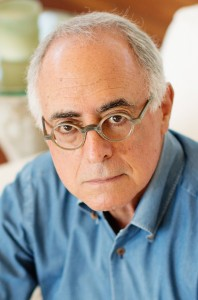 |
Robert DavisA principal at Arcadia Land Company, Robert Davis is the developer and co-founder of Seaside, Florida- an award-winning community that is often cited as the first New Urbanist neighborhood in the United States. Davis was a founding board member and chair of the Congress tor the New Urbanism, and he currently serves as a board member of The Seaside Institute and a board member emeritus of 1000 Friends of Florida. |
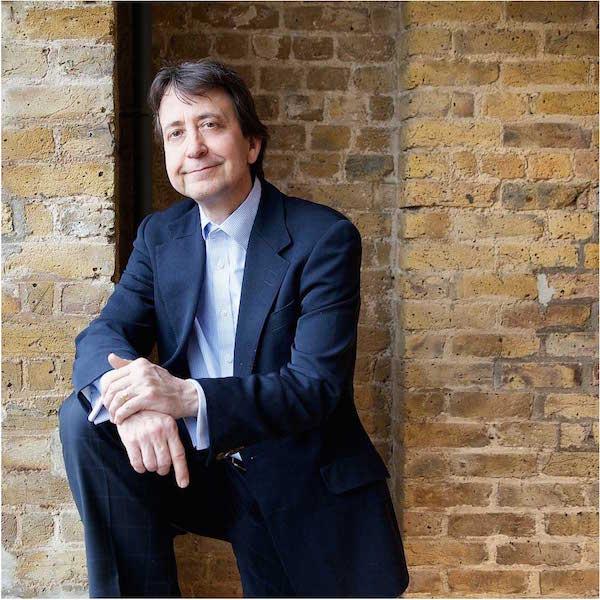 |
Hank DittmarAs a leading urbanist, Dittmar founded the Surface Transportation Policy Project and Reconnecting America, chaired the Congress for the New Urbanism for five years and led The Prince's Foundation in London for eight years. Dittmar wrote CNU's Canons of Sustainable Architecture and Urbanism. Mr. Dittmar passed away in 2018. |
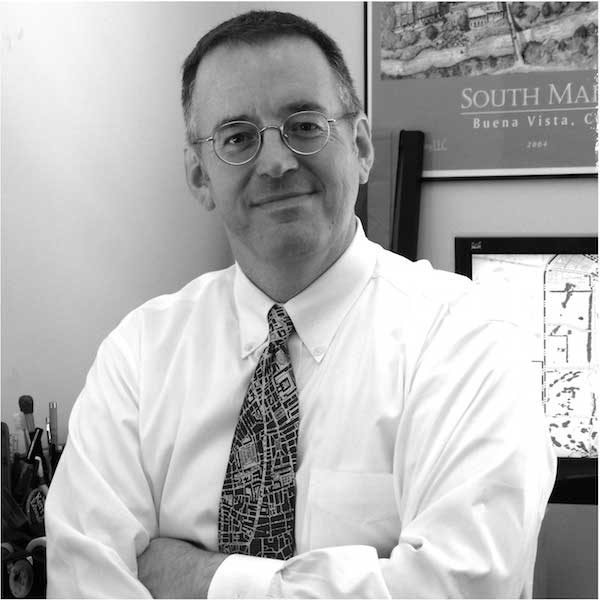 |
Victor DoverPresent at the creation of The New Urbanism and a former CNU board chair, Dover co-founded Dover, Kohl & Partners, one of the top new urban firms for form-based codes, comprehensive plans, and infill and transit-oriented design. Dover recently co-authored Street Design: The Secret to Great Cities and Towns. |
 |
Andrés DuanyAndrés Duany has been a founding partner of two very influential architecture firms: Arquitectonica and DPZ Partners (now DPZ CoDESIGN). With the latter firm, he has co-designed the towns of Seaside and Kentlands, along with more than 140 other neighborhoods, towns, and cities. Duany has written a chapter of Architectural Graphic Standards and the Lexicon of the New Urbanism. He is an adjunct professor at the University of Miami, has worked as a visiting professor at many other institutions, and teaches planning at the Harvard Graduate School of Design. DPZ Partners has been the subject of over 800 articles and has received the Thomas Jefferson Memorial Medal of Architecture. Along with his B. Arch. from Princeton, his M. Arch. from Yale, and history study at the Ecole des Beaux Arts, Mr. Duany also holds two honorary doctorates. |
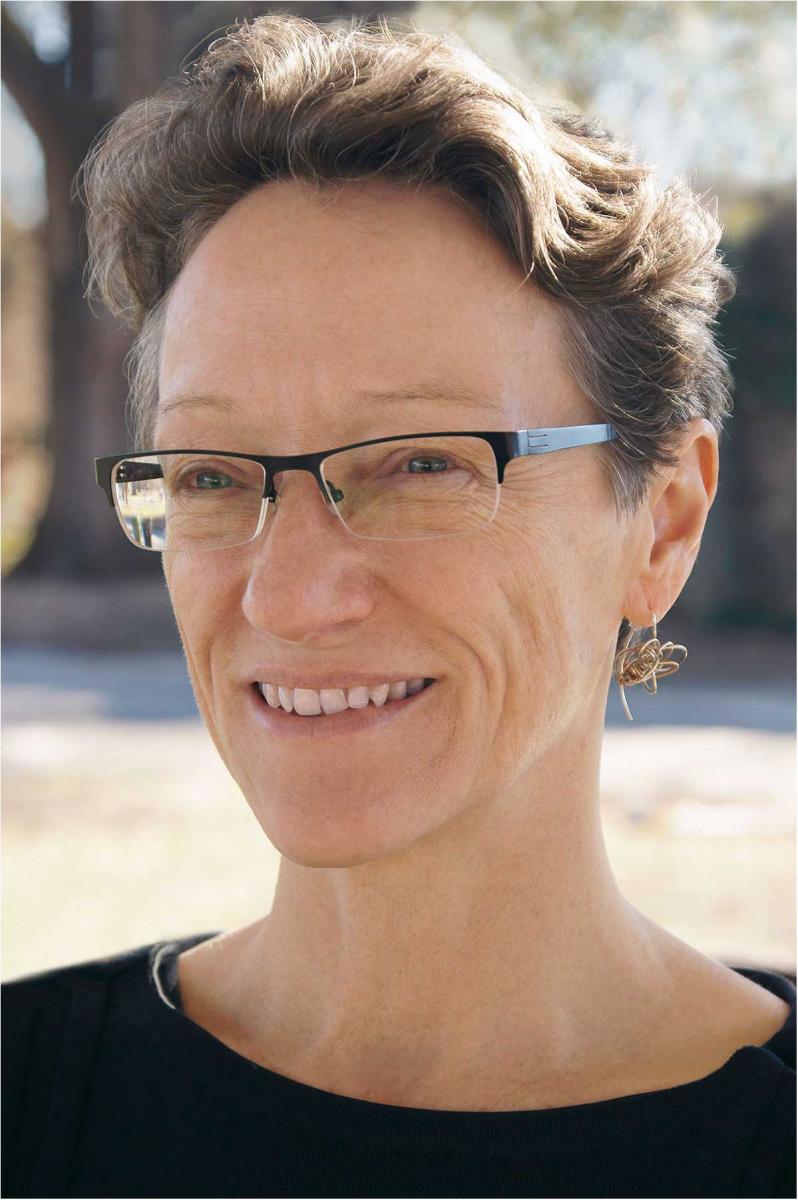 |
Ellen Dunham-JonesDunham-Jones is Professor of Architecture, Director of the Master of Science in Urban Design, and host of the “Redesigning Cities” podcast series at the Georgia Institute of Technology. A former CNU Board Chair, she is co-author of Retrofitting Suburbia, the forthcoming Retrofitting Suburbia Case Studies, and Towards Autonomous Urbanism: Improving User Experience in AV Shuttles. |
John G. EllisJohn is an Anglo-Californian architect, urban designer and teacher. He grew up in London and has lived and worked in the Bay Area, working with Daniel Solomon for the last 30 years. John teaches at UC Berkeley and was the inaugural Visiting Professor of Sustainable Urban Design at Cambridge University in 2012. He is currently in London with his students leading an urban design studio for Thamesmead. |
|
 |
Douglas FarrDouglas Farr, FAIA, LEED AP, is founding principal and president of Farr Associates, a firm of architects and urbanists committed to advancing sustainability. Farr has been named one of the 100 most influential urbanists of all time and is a longtime leader and incurable optimist in the New Urbanist movement. He was previously the Chair of the Board at CNU and served as a board member for a decade. He has co-chaired the development of the U.S. Green Building Council’s LEED for Neighborhood Development (LEED-ND) and has additionally served on the boards of urban sustainability organizations including Bioregional, EcoDistricts, and Elevate Energy. Farr has authored Sustainable Urbanism: Urban Design with Nature and, most recently, Sustainable Nation: Urban Design Patterns for the Future. |
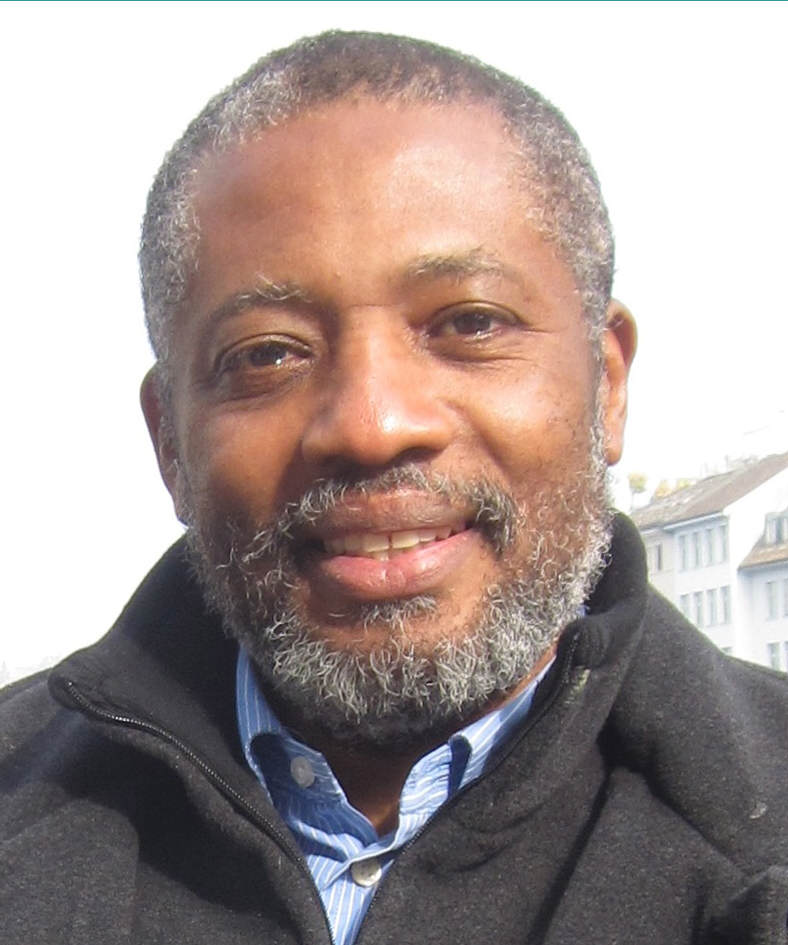 |
Norman GarrickNorman Garrick, associate professor of civil engineering at the University of Connecticut and director of UCONN’s new Center for Smart Transportation, specializes in the planning and design of urban transportation systems- including transit, streets and highways, and bicycle and pedestrian facilities. As the Transportation Task Force co-chair, Garrick has been an essential member of the CNU/ITE urban thoroughfares project. Garrick holds a Ph.D. and MSCE from Purdue University, and a BSCE from the University of the West Indies, Trinidad. With a career that bridges academic study and engineering practice, Garrick is an effective leader in transportation reform. |
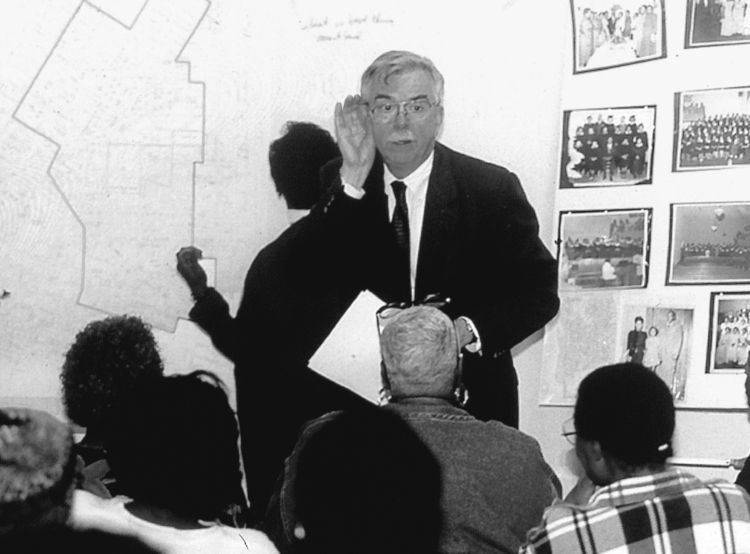 |
Ray GindrozRay Gindroz, FAIA. The co-founder (1964) and Principal Emeritus of Urban Design Associates, Gindroz pioneered the development of participatory planning processes for neighborhoods, downtowns, and regional plans. At CNU, Gindroz led a collaborative effort with HUD that produced design guidelines for the HOPE VI program to transform distressed public housing projects into sustainable, mixed-income communities. He has taught urban design at Yale University, Carnegie Mellon University, and Hampton University. He was a Senior Fellow of the Prince’s Foundation and Chairman of the Board of the Congress for the New Urbanism (2008-2010) and of the Seaside Institute (2002-2010). He was the principal author of The Urban Design Handbook and The Architectural Pattern Book. Gindroz currently lives in Norfolk, VA where he continues to consult with the City of Norfolk, teach at Hampton University, and work towards completing a textbook of the history of Urbanism. |
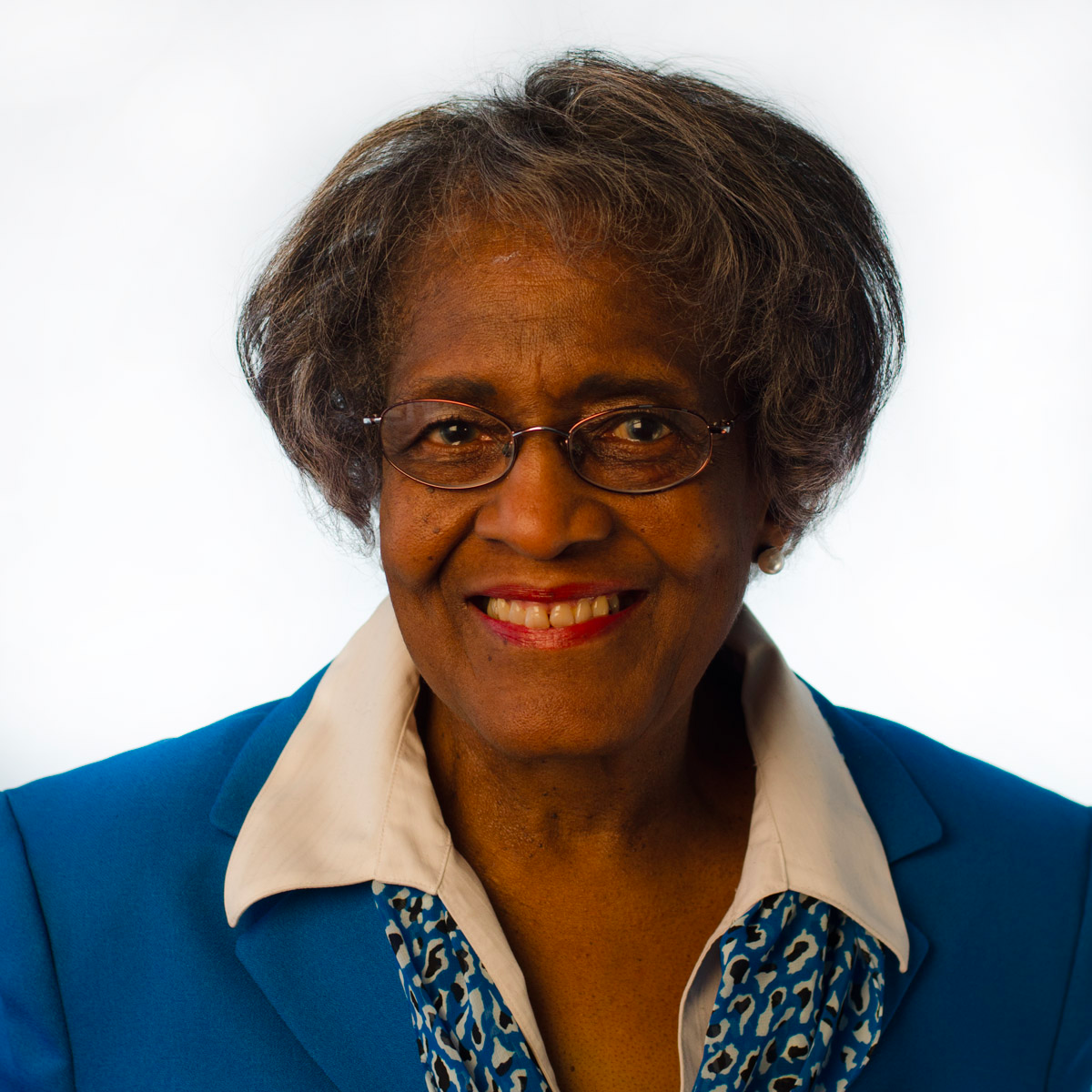 |
Jacky GrimshawWith a strong background in public policy, Jacky Grimshaw is the Vice President of Policy at the Center for Neighborhood Technology where she has worked to develop its capacity to engage in public policy advocacy and transportation planning, transportation research, environmental justice, public participation tool development, GIS mapping, community economic development, and air quality. Grimshaw began advocating for transportation planning reform in 1993 and has been a leader in the fight for mass transit reform in the Chicago region since 2008, consistently championing CNT’s policy efforts at all levels of government. She serves on numerous boards, including the Chicago Transit Authority (where she formerly served as Vice-Chairman), and the National Academy of Sciences’ Transportation Research Board’s Environmental Justice and Public Involvement Committees. |
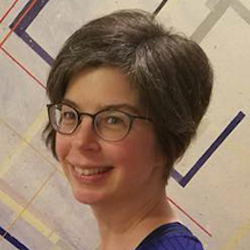 |
Jennifer HurleyJennifer Hurley, AICP, CNU-A, is President and CEO of Hurley-Franks and Associates and teaches in the Growth and Structure of Cities Department at Bryn Mawr College. Drawing on her background in conflict resolution, Ms. Hurley has over twenty-five years of professional expertise facilitating public involvement in planning and development issues. She has been active in the New Urbanism movement for over twenty years, working on numerous charrettes for regional planning, downtown revitalization, traditional neighborhood development, and form-based zoning. She wrote one of the first articles chronicling the implementation of New Urbanist zoning codes, authored the SmartCode Affordable Housing Policy module, and is a past fellow of the Knight Program in Community Building at the University of Miami School of Architecture. She was Treasurer of the Congress for the New Urbanism, served on the National Charrette Institute Steering Committee, and currently serves on the Form Based Codes Institute Steering Committee. One of her most enduring legacies is that she initiated the annual CNU Pub Crawl at CNU XV in Philadelphia. Ms. Hurley holds a Master of Human and Organizational Systems from Fielding Graduate University, a Master of Regional Planning from the University of North Carolina at Chapel Hill, and a Bachelor of Arts in Anthropology from Bryn Mawr College. |
Peter KatzPeter Katz has been a leader in advancing innovative approaches to community planning and transportation for more than three decades. He now leads SmartGO (https://smartgo.network), a nonprofit organization, advancing car-optional communities and transportation choices that are healthier and more sustainable. Prior to SmartGO, Katz played a major role in launching the New Urbanism movement, first as author of The New Urbanism: Toward an Architecture of Community, and later as the founding director of the Congress for the New Urbanism. In addition to his work in the nonprofit sector, Katz has served in various consulting and staff roles in government, public agencies and private-sector entities. |
|
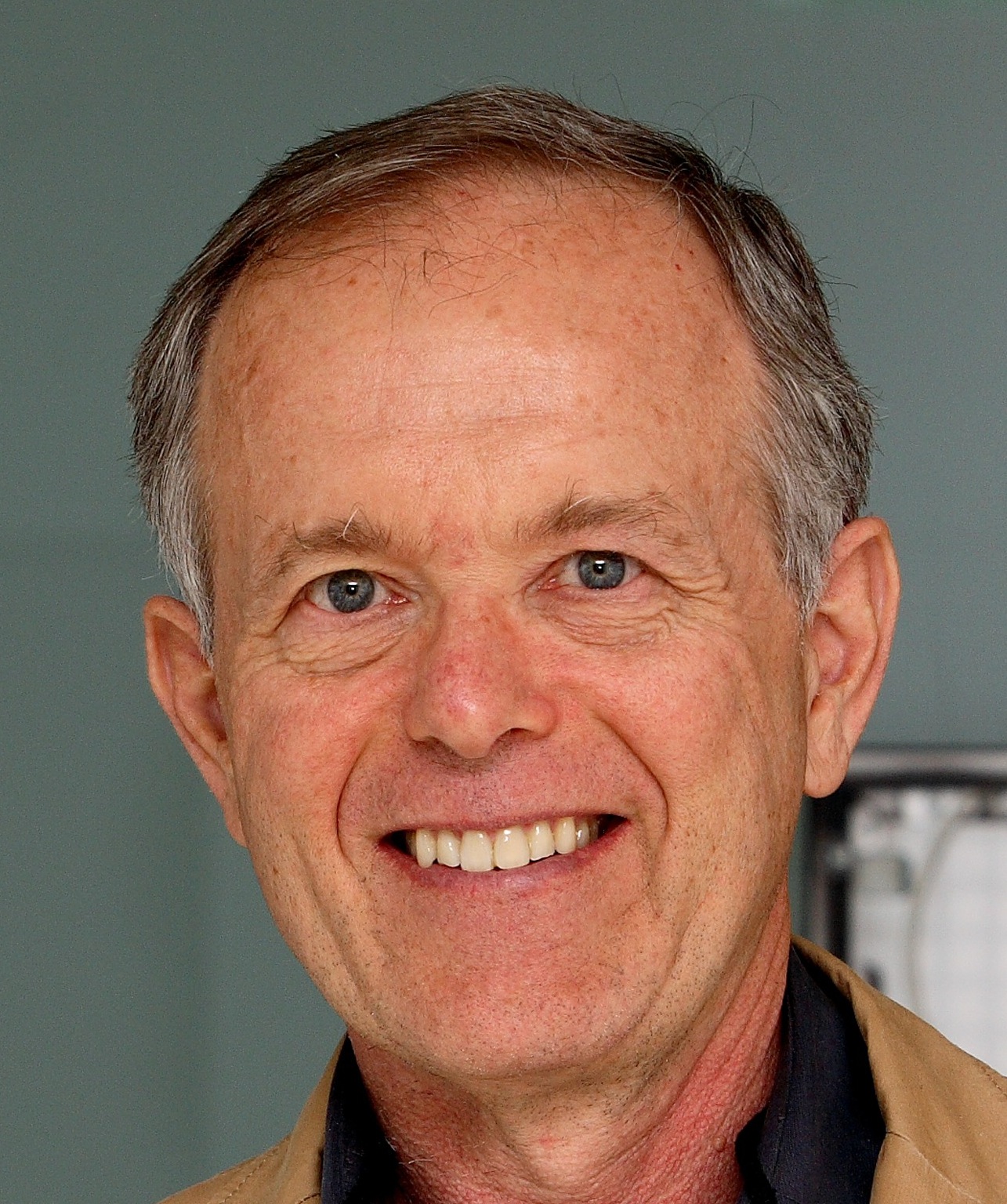 |
Douglas KelbaughDouglas Kelbough, FAIA FCNU, was professor emeritus of architecture and urban and regional planning and dean emeritus of Taubman College. He was a pioneer of passive solar buildings, winning over twenty design awards. He published and edited 6 books and 15 book chapters. His most recent book was entitled The Urban Fix: Resilient Cities in the War Against Climate Change, Heat Islands, and Overpopulation. Mr. Kelbaugh passed away in 2023. |
Marina KhouryMarina Khoury is an expert in sustainable urban redevelopment, regional and master planning, transit-oriented developments, and form-based codes. As a partner at DPZ CoDesign, she has been Director of its Washington D.C. area office since 2007. A licensed architect and fluent in several languages, Khoury has worked on the design and implementation of projects in the US, Canada, Australia, Europe and the Middle East including ground-breaking new codes around the world that mandate resilient urbanism. She speaks globally widely on issues related to Smart Growth and affordable, sustain¬able, and walkable communities, including at the United Nations. She co-led the development of the successful Miami21 code, the country’s first form-based code and holds a strong track-record of getting such codes adopted in efforts to create a predictable framework for resilient places. Marina is one of 20 members on the Expert Committee of Global Forum on Human Settlements (UNEP-GFHS) International Green Model City (IGMC) Initiative, under the United Nations Environment Programme (UNEP). Marina is also active in Washington area civic groups, including the Congress for the New Urbanism (CNU), where she served as a Board member of the CNU-DC chapter from 2007-2012. She served as Chair of the Executive Board of Smart Growth America’s Form-Based Code Institute (FBCI) from 2018-2021, is a member of the Lambda Alpha International George Washington Chapter, a member of the Urban Guild and a LEED Accredited professional. |
|
Marieanne Khoury-VogtKhoury & Vogt Architects (KVA) was formed in 2001 in Miami by Erik Vogt and Marieanne Khoury-Vogt as a practice in architecture, urban design, and town planning. Vogt received his Bachelor of Architecture from the University of Miami and Master of Architecture from Yale University. Khoury received a Bachelor of Architecture from the University of Wisconsin (after studying for 3 years at L’Ecole Spéciale d’Architecture in Paris, France) and has a Master of Architecture and Master of Urban Planning from the University of Wisconsin at Milwaukee. Both are licensed architects in Florida. The practice, currently based in Alys Beach, Florida, engages projects in a variety of scales, programs, and locales. Each is strongly rooted in enduring types and forms that have developed over time to serve both the individual inhabitant at the scale of the building and shape the individual building at the scale of the city. This grounding in typological tradition allows for an exploration of architectural character and language that, while deploying the principles of classical composition, offers a synthesis of modern and vernacular styles, often inflected by the influence of the tropics and Mediterranean. In all cases, the work strives to partake in equal parts both tradition and invention and to instill in the inhabitant a sense of comfort and delight. Their work has received numerous regional and national awards as well as publication in multiple books and magazines. |
|
Joseph KohlJoe is recognized nationally as an innovator in urban design and graphic communication. After earning his B.Arch from Virginia Tech and his M.Arch from the University of Miami, he started the firm with Victor Dover and others that became Dover, Kohl & Partners. He pioneered the use of computer imaging simulations for urban design projects, winning several national awards for his illustration work. He manages and designs projects for the private sector that includes new mixed-use and walkable neighborhoods and for the public: neighborhood revitalization plans, preparing form-based codes, other edits to zoning regulations, and assisting in the review of development proposals/submissions. Joe is also one of the founders of the Form-Based Codes Institute, that started as a not-for-profit think tank that focuses on quality control, education, and advancement of form-based codes as an alternative to Euclidean zoning and for promoting ways for communities to support equitable living and investment opportunities. FBCI is now within Smart Growth America, and he continues to serve its mission as part of the steering committee, teaching FBC courses, and sometimes assisting with other SGA projects. |
|
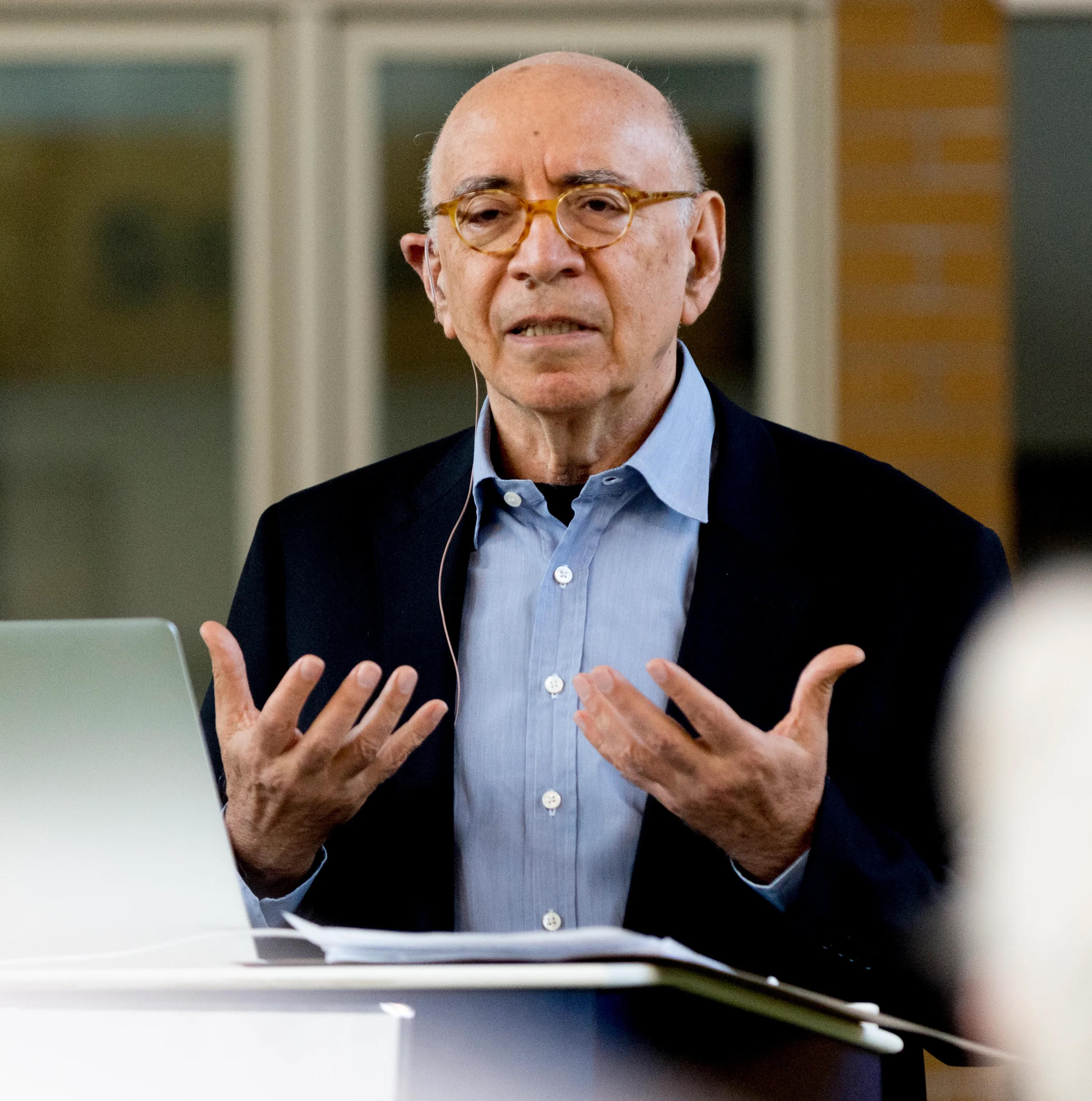 |
Gianni LongoGianni Longo studied architecture and planning in Venice, Italy, and lives in Manhattan since 1971. His projects have ranged in scale from neighborhoods to regions and are driven by the belief that engaging the public results in better places and better communities. Longo designed Imagine New York, an effort to bring together people throughout the New York metropolitan region to envision the rebuilding of the World Trade Center area and Lower Manhattan after 9/11. Imagine New York received the American Vision Award by the American Planning Association. Mr. Longo is the author of several books. His latest, Visioning and Visualization: People, Pixels, and Plans is a collections of ideas on how visualizations can help the public make informed decisions. |
Charles MarohnCharles Marohn, known as "Chuck" to friends and colleagues, is the founder and president of Strong Towns. He is a civil engineer and a land use planner with decades of experience. He holds a bachelor's degree in civil engineering and a Master of Urban and Regional Planning, both from the University of Minnesota. Marohn is the author of Strong Towns: A Bottom-Up Revolution to Rebuild American Prosperity (Wiley, 2019) and Confessions of a Recovering Engineer: Transportation for a Strong Town (Wiley 2021). He hosts the Strong Towns Podcast and is a primary writer for Strong Towns' web content. He has presented Strong Towns concepts in hundreds of cities and towns across North America. |
|
Louis MarquetMarquet was a developer and builder of New Urbanist Designed projects for over 25 years. He was president of the National Town Builders Association (NTBA) and a founding partner of LeylandAlliance. Marquet supported the growth of town builders and the next generation of walkable community urban planners, public service regulators, designers, developers, and builders as a counter-movement to the national sprawl development overrunning our communities. Mr. Marquet passed away in 2024. |
|
John MassengaleJohn Massengale, AIA, is an international thought leader on the connections between urban design, architecture, placemaking, and walkability. Co-author with Victor Dover, FAICP, of Street Design: The Secret to Great Cities and Towns, he has won awards for architecture, urbanism, historic preservation and architectural history. Massengale is a Board member of the Congress for the New Urbanism (CNU), the founding chair of CNU New York, and a former director of the Institute of Classical Architecture & Art. Massengale has taught architecture and urban design studios at the University of Miami School of Architecture and the University of Notre Dame School of Architecture. With Robert A. M. Stern, he was coauthor of New York 1900: Metropolitan Architecture and Urbanism 1890-1915 and The Anglo-American Suburb. |
|
Steve J. MaunDeveloper of New Urban Communities and Principal Emeritus of LeylandAlliance. |
|
Michael W. Mehaffy, Ph.D.Michael Mehaffy studied music and philosophy prior to graduate study in architecture with Christopher Alexander at the University of California, Berkeley, later earning a Ph.D. in architecture at Delft University of Technology in The Netherlands. He is now an internationally active researcher, author, educator, planner, designer and builder. He has been an organizer within the Congress for the New Urbanism since 1998, when he helped organize and fundraise for CNU 2000. He has held appointments in architecture, planning and philosophy at seven graduate institutions in six countries, and he is on the editorial boards of three international journals of urban planning and design. He is the author or co-author of seven books as well as many book chapters, scientific and professional articles. He is also a project consultant to governments, businesses and NGOs – most recently to UN-Habitat in development of the New Urban Agenda, which closely parallels the Charter of the New Urbanism. |
|
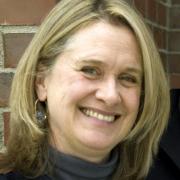 |
Elizabeth MouleElizabeth Moule is one of the original founders of CNU and a partner of the Los Angeles-based firm Moule & Polyzoides Architects and Urbanists. The firm specializes in urbanism at all scales, from campus architecture and planning, civic architecture, streetscapes, and the public realm, and historic preservation and adaptive reuse. The firm’s work has been published and exhibited widely from Sci-Arc to the Los Angeles Museum of Contemporary Art (MOCA). She received a B.A. in art history from Smith College, attended the Institute for Architecture and Urban Studies in New York, and holds an M.Arch. from Princeton. In addition to her work as an architect and urbanist, she is a past CEO of Meridian Properties, a real estate development company dedicated to new urbanist infill development. Moule teaches as a visiting critic at universities in the United States and abroad, most recently at Yale University. She lectures frequently on architecture and urbanism. She is a recipient of both the Seaside Prize and the Arthur Ross Award. |
Steve MouzonSteve Mouzon is an architect, urbanist, author, blogger, and photographer based in Tuscaloosa. He co-founded the Urban Guild, which was instrumental in the creation of the Katrina Cottages initiative concept. The Guild is the nexus of Project:SmartDwelling, which works to redefine the house to be much smaller and more sustainable. Steve speaks regularly across the US and abroad on sustainability issues. He blogs on Original Green Stories, Useful Stuff, and We Do This Because... He also posts to the Original Green Twitter stream. |
|
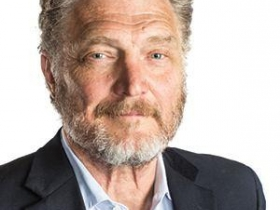 |
John NorquistAuthor of The Wealth of Cities, professor of urban policy and urban planning at the University of Chicago, University of Wisconsin-Milwaukee School of Architecture and Urban Planning, and at Marquette University, and the former president and CEO of CNU, Mr. Norquist is a leader in national discussions of urban design and educational issues. He served as the 37th Mayor of Milwaukee, WI before leaving in 2004 to lead CNU, and it was under his mayorship that Milwaukee experienced a decline in poverty, saw a boom in new downtown housing, and became a leading center of education, zoning code, and welfare reform. Norquist is a champion for walkable, livable cities, fighting every day for intentionally-designed cities built around New Urbanist principles. |
Nathan R. NorrisAs a founding principal of the CityBuilding Partnership LLC, Nathan provides communities, developers and places of worship planning services, customized workshops, site tours and advocacy support. Nathan previously served as the CEO of the Lafayette Downtown Development Authority where he and his team spearheaded the development of the award-winning Downtown Action Plan and the Creativity Everywhere initiative; created the Development and Design Center; secured the adoption of a groundbreaking and graphically-intensive form-based code that won the 2019 Driehaus Award; established the CityBuilding Exchange educational conference for community leaders. Prior to running the DDA, Nathan was the co-founder and Director of Implementation Advisory for the international urban design firm PlaceMakers, LLC. During this time Nathan started the Magical Mystery Tour series of intensive site tours of leading projects and places that continues today as the CityBuilding Express. Prior to the creation of PlaceMakers, Nathan served as the Director of Marketing & Sales for multiple large scale traditional neighborhood developments. He is a contributor to the Charter of the New Urbanism, the SmartCode Manual, and Reflections on Seaside; a co-founder and current president of the Urban Guild; a board member of the Congress for the New Urbanism Members’ Christian Caucus; the primary author of the Smart Growth Schools Report Card; and the author of “Re-designing Church for the 21st Century.” In 2019 he received the Barranco Award from the Urban Guild. He received his undergraduate degree from the University of Virginia and his law degree from the University of Alabama. |
|
Robert OrrRobert Orr is an award-winning architect at the forefront of leveraging places aimed to empower people. His multi-disciplinary practice ranges from commercial, residential, and mixed-use building types to landscape to town design and planning. Featuring a picture of his first affordable mixed-use neighborhood project aimed to leverage place to empower people in 1982, Time Magazine honored the nascent development (Seaside) as, “...the most astonishing design achievement of its era and one might hope the most influential.” |
|
Neal I. PaytonA Charter Member of the CNU, Neal I. Payton has worked to promote the ideology and the agenda of the Congress since its founding in 1994. As an Architect, Urban Designer and Senior Principal at Torti Gallas + Partners (TG+P), he created and directs the firm's West Coast office in Los Angeles. His design efforts have been honored nationally with AIA Honor Awards for Regional and Urban Design and five Charter Awards from the Congress for the New Urbanism. A frequent contributor to Public Square (the CNU Journal) he has authored “The Metropolis Versus the City” in Landscape Urbanism and its Discontents, and his latest essay entitled “Colin Rowe’s Impact on the New Urbanism” is due to published in The Urban Design Legacy of Colin Rowe in 2023. Before joining TG+P Neal was in academia, beginning at The University of Virginia, and then moving onto visiting positions at Rice University, Washington University in St. Louis and then onto The Catholic University of America. During this he wrote a ground- entitled, “The Machine in the Garden City, Patrick Geddes Plan for Tel Aviv” in the University of Miami’s journal, The New City 3, which offered a significant contribution to the body of knowledge on proto-New Urbanism. He also supported the formation of a CNU international spinoff organization, called the Movement for Israeli Urbanism (MIU), speaking at its inaugural event, participating in its first ever Mayors’ Forum and helping to lead the first public design charrette ever held in Israel. |
|
 |
Elizabeth Plater-ZyberkElizabeth Plater-Zyberk is a founding principal of DPZ Partners, and the Malcolm Matheson Distinguished Professor of Architecture at the University of Miami, where she directs the Master of Urban Design Program, after serving for eighteen years as the dean of the School of Architecture. Plater-Zyberk is a founder of the Congress for the New Urbanism and co-author of Suburban Nation: The Rise of Sprawl and the Decline of the American Dream and The New Civic Art: Elements of Town Planning. At DPZ, Plater-Zyberk leads and manages projects ranging from individual building design to new community design, community rebuilding, regional plans, and zoning codes. Her work with partner Andrés Duany has been widely recognized by awards such as the Richard H. Driehaus Prize for Classical Architecture and the APA National Planning Excellence Award. With degrees from Princeton University and the Yale School of Architecture, Plater-Zyberk lectures frequently and has been a visiting professor at a number of universities in the United States. |
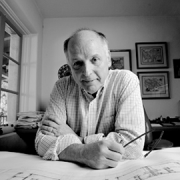 |
Stefanos PolyzoidesStefanos Polyzoides was born and educated in Athens, Greece, and later earned his B.A. and M.Arch degrees in Architecture and Planning from Princeton University. His career has encompassed a broad span of architecture and urbanism, its history, theory, education, and design. He is a co-founder of the Congress for the New Urbanism and, with his partner, Elizabeth Moule, a partner in Moule & Polyzoides in Pasadena, California since 1990. He was an Associate Professor of Architecture at the University of Southern California from 1973 until 1997. With Moule, he was a Seaside Prize recipient of 1998. Polyzoides co-authored of the Charter of the New Urbanism among various additional publications including R.M. Schindler, Architect (1982), Courtyard Housing in Los Angeles (1977), The Plazas of New Mexico (2012), and the forthcoming In Praise of the Ordinary: The Architecture of Housing. |
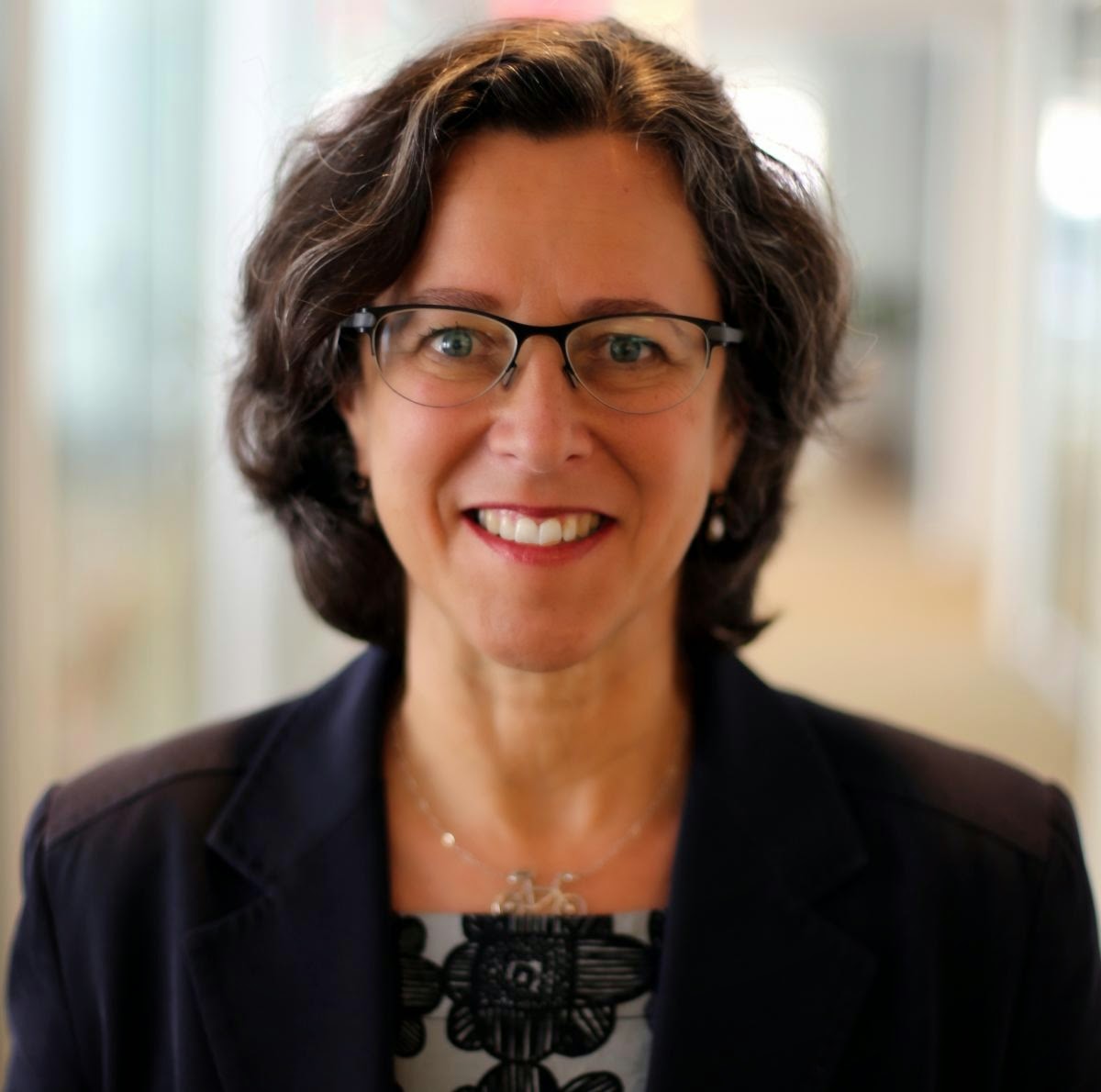 |
Shelley PotichaThe second executive director of CNU, Poticha leads the Natural Resources Defense Council's Urban Solutions program. She was senior advisor and director of HUD's Office of Sustainable Housing and Communities and former president and CEO of Reconnecting America. |
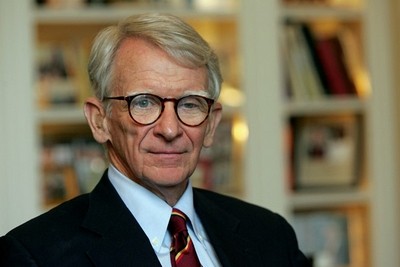 |
Joseph P. Riley, Jr.One of the longest-serving mayors in the country, Joe Riley retired in 2016 after 40 years in office as Mayor of Charleston, South Carolina. His tenure saw the transformation of downtown Charleston from a decaying urban center to a top cultural destination, and he has long raised his voice as an advocate for lower-income and underserved folks. Having received an extensive number of awards and recognitions throughout his impressive career, Joe Riley is widely viewed as one of the most respected and impactful politicians in the country- championing, for decades, the creation of neighborhoods that support all community members. |
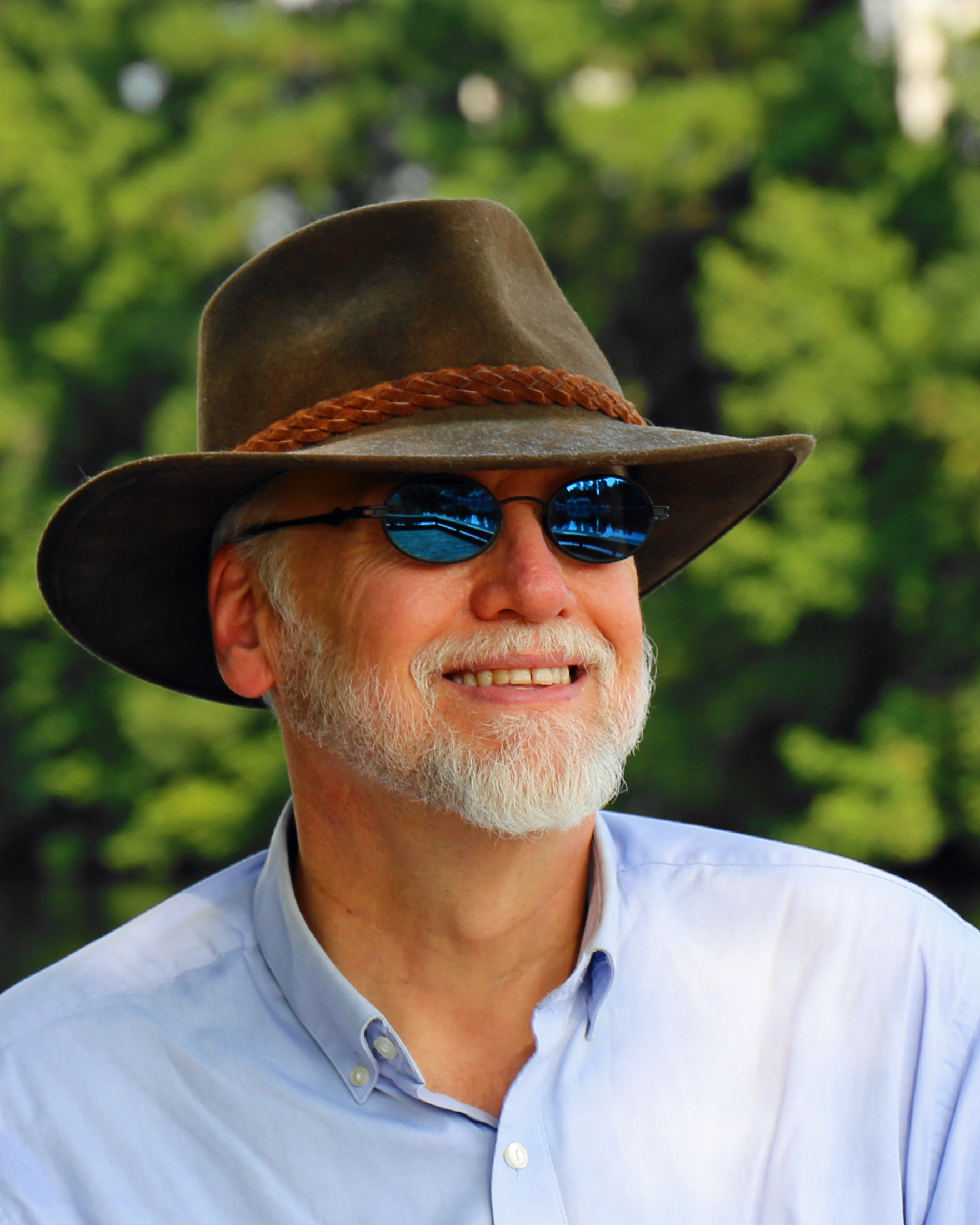 |
Dan SloneDan Slone, founding partner of Vertical Vision PLC, served as legal counsel for the CNU for 17 years before joining the board of directors. He served on the board or served as counsel for most of New Urbanism’s spin-off organizations as well as organizations such as the US Green Building Council, EcoDistricts, and the World Green Building Council, and as attorney for developers of sustainable communities around the country. He has spoken and written widely about New Urbanism and resilience. |
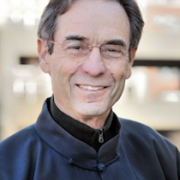 |
Daniel SolomonDaniel Solomon is an architect, urban designer, and professor, whose 50-year career combines achievements in professional practice with teaching and writing. His projects have been published in architectural journals worldwide and have been recognized with well over a hundred design awards. Focusing primarily on residential architecture and the interaction between housing and urban design, Solomon’s work has also included large-scale urban planning, regulatory structures that govern urban design, and residential, commercial, and institutional architecture. He has authored many articles and four books: Rebuilding, Global City Blues, Cosmopolis, and his recently-published Love Versus Hope: Housing and the City. Solomon is a Professor Emeritus of UC Berkeley where he taught for 35 years. He was one of the co-founders of the Congress for the New Urbanism and is currently a partner in the Seattle and San Francisco based firm Mithun. |
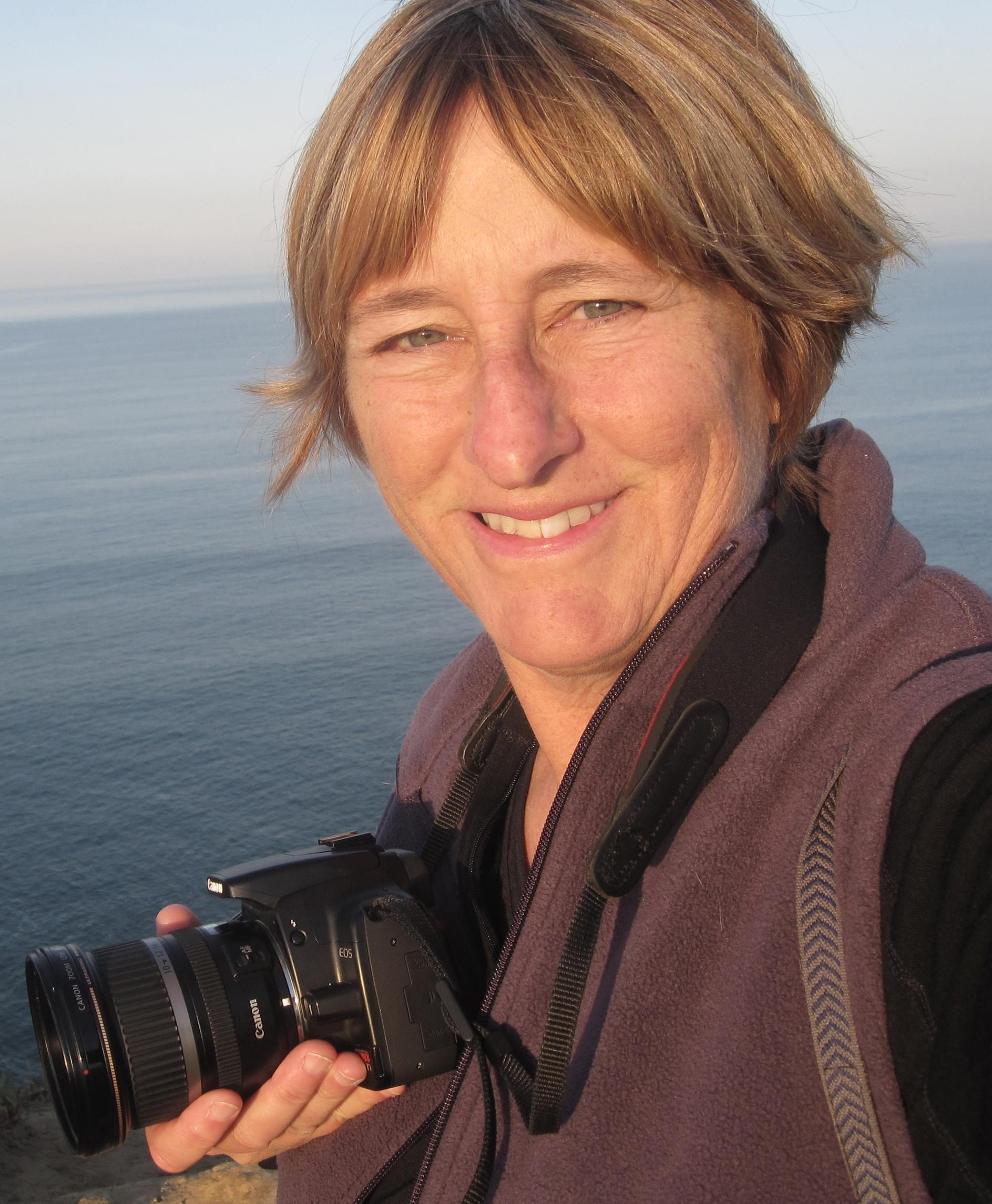 |
Sandy SorlienSandy Sorlien is a photographer, Transect planner, and SmartCode technical editor. She has written or calibrated codes for scores of towns and cities. Since 2013, she has worked for the Fairmount Water Works, the education arm of the Philadelphia Water Department. Sandy is currently researching and photographing the abandoned canals of the Schuylkill Navigation System. In 2018, she moves to Jamestown, Rhode Island where her property is regulated by a SmartCode. She was recently named a Senior Fellow with the Coastal Institute at URI. |
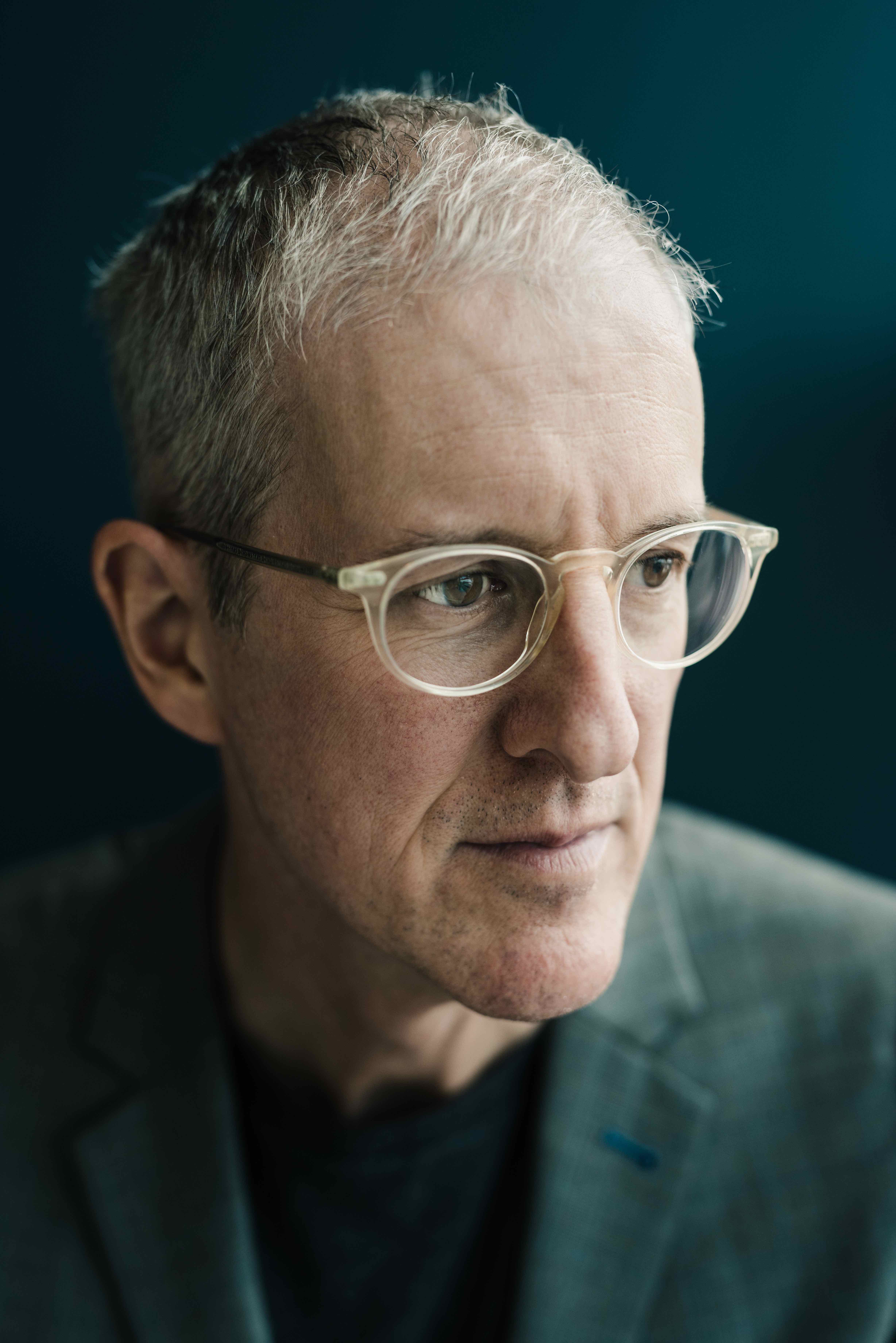 |
Jeff SpeckJeff Speck is a city planner and urban designer who advocates internationally for more walkable cities. As Director of Design at the National Endowment for the Arts from 2003 through 2007, he presided over the Mayors' Institute on City Design and created the Governors' Institute on Community Design. Prior to his federal appointment, Mr. Speck spent ten years as Director of Town Planning at DPZ & Co., a principal firm behind the New Urbanism movement. Since 2007, he has led Speck & Associates, a private design consultancy. Mr. Speck is the co-author of Suburban Nation, which the Wall Street Journal calls "the urbanist's bible.” His more recent book, Walkable City, was the best selling city-planning title of the past decade. Its sequel, Walkable City Rules, is described by Kurt Andersen as “a must read for urbanists, city-builders, and everyone who lives in cities.” His TED talks and YouTube videos have been viewed more than four million times. |
Robert SteutevilleRobert Steuteville is the Director of Publications for CNU, editor of CNU's Public Square, and producer of On the Park Bench: A Public Square Conversation. Steuteville has been writing, editing, and publishing in the field of New Urbanism since 1996, when he founded New Urban News, a trade publication that covered the trend until 2012, when the name was changed to Better Cities & Towns. He helped launch Public Square in 2016. He authored or co-authored four editions of New Urbanism: Best Practices Guide, which is used for CNU accreditation. He published the Smart Code Version 9 and Manual. He founded Better Cities, a 501c3 nonprofit that seeks to educate and raise awareness for more sustainable and livable communities, and led a team to write form-based codes for the Town and City of Ithaca, NY. He is a signer of the Charter of the New Urbanism, which was unveiled in Charleston, South Carolina. He participated in the Mississippi Renewal Forum, when new urbanists made plans for 11 communities devastated by Hurricane Katrina. He lives in Ithaca, New York, with his family. |
|
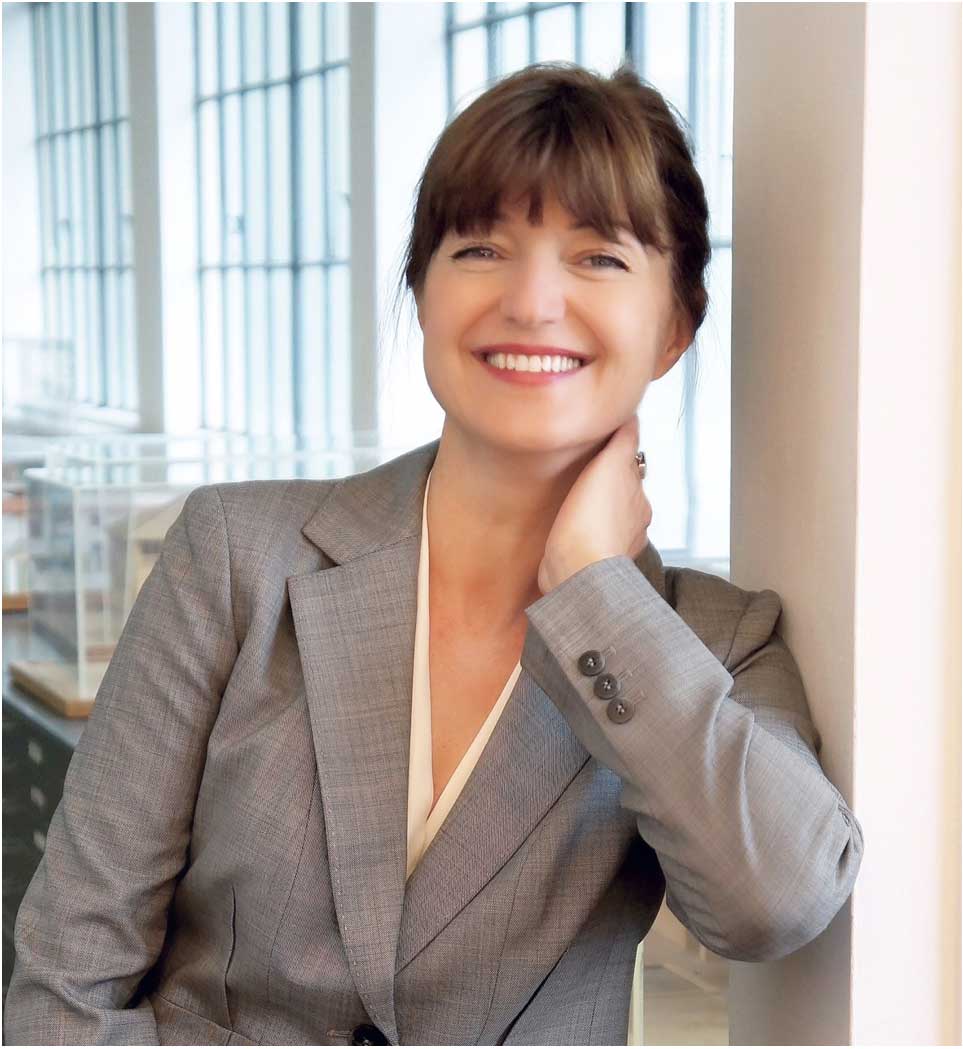 |
Galina TachievaGalina Tachieva is the managing partner of DPZ CoDESIGN, directing the work of the firm in the US and around the world. With more than 25 years of expertise in sustainable planning, redevelopment, and form-based codes, Galina has led and participated in hundreds of design charrettes that have made positive impacts on communities. She is the author of the Sprawl Repair Manual, which focuses on the transformation of auto-centric suburban developments into complete, walkable places. |
 |
Emily TalenTalen is a Professor of Urbanism at the University of Chicago. Her books include New Urbanism and American Planning, City Rules, Urban Design for Planners, and Neighborhood. |
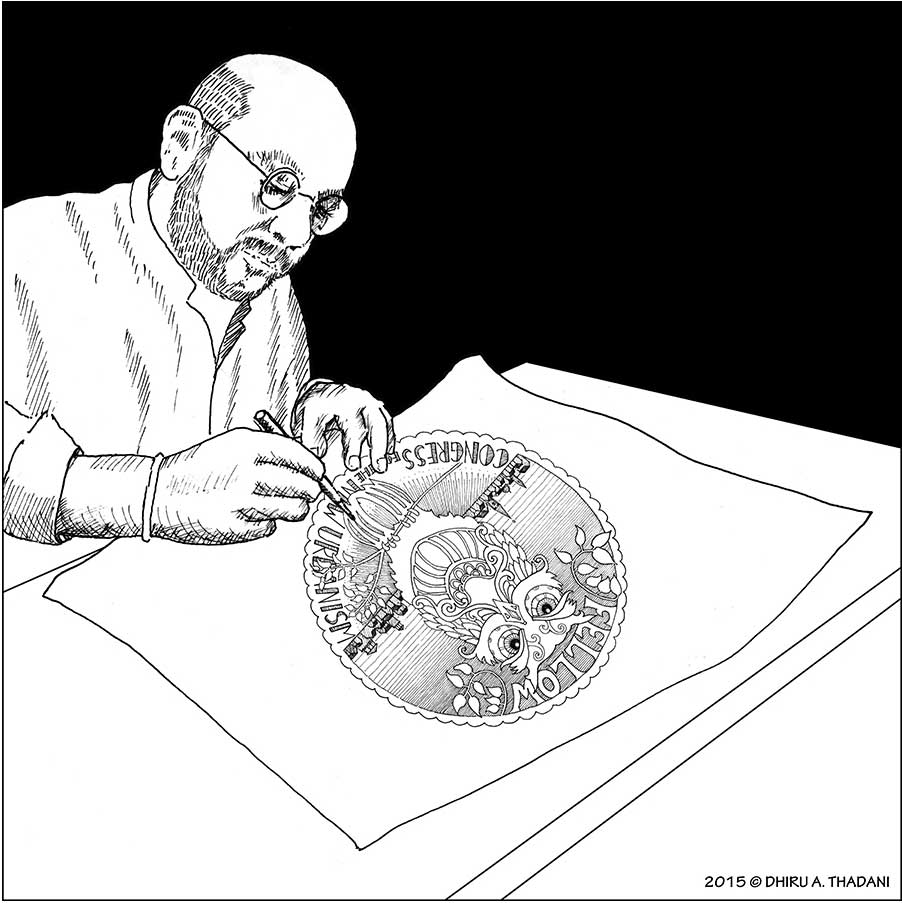 |
Dhiru ThadaniThe author of at least 50 major urban plans in North America, Asia, and Europe, Thadani is a prolific architect, urban designer, and writer. Thadani's The Language of Towns & Cities and Visions of Seaside are among New Urbanism's most impressive tomes. |
 |
John TortiAs President of Torti Gallas + Partners, Mr. Torti has provided the strong conceptual leadership to bring his firm to international recognition. Torti Gallas’ focus on the “architecture of real estate” has provided an important catalyst for transformation in cities and suburbs around the world. Prior to joining Torti Gallas, Mr. Torti worked with the National Capital Planning Commission, helping to rebuild Washington, DC after the 1968 riots. He was also a Principal in a Midwest architectural firm and the Director of a non-profit housing and community development corporation. In recognition of his many contributions to the profession, Mr. Torti was elected to the American Institute of Architects' College of Fellows in 2001. In 2015, he became a member of the National Board of the Congress for the New Urbanism. He is also a member of the Advisory Council for the School of Architecture at the University of Notre Dame. Mr. Torti received a Bachelor of Architecture degree from the University of Notre Dame. He is a Registered Architect and a LEED Accredited Professional. |
Erik VogtKhoury & Vogt Architects (KVA) was formed in 2001 in Miami by Erik Vogt and Marieanne Khoury-Vogt as a practice in architecture, urban design, and town planning. Vogt received his Bachelor of Architecture from the University of Miami and Master of Architecture from Yale University. Khoury received a Bachelor of Architecture from the University of Wisconsin (after studying for 3 years at L’Ecole Spéciale d’Architecture in Paris, France) and has a Master of Architecture and Master of Urban Planning from the University of Wisconsin at Milwaukee. Both are licensed architects in Florida. The practice, currently based in Alys Beach, Florida, engages projects in a variety of scales, programs, and locales. Each is strongly rooted in enduring types and forms that have developed over time to serve both the individual inhabitant at the scale of the building and shape the individual building at the scale of the city. This grounding in typological tradition allows for an exploration of architectural character and language that, while deploying the principles of classical composition, offers a synthesis of modern and vernacular styles, often inflected by the influence of the tropics and Mediterranean. In all cases, the work strives to partake in equal parts both tradition and invention and to instill in the inhabitant a sense of comfort and delight. Their work has received numerous regional and national awards as well as publication in multiple books and magazines. |
|
Laurie VolkLaurie Volk’s development of the target market methodology—analytical tools to determine the market potential for downtown housing; for mixed-income, mixed-tenure repopulation and stabilization of fragile inner-city neighborhoods, and for new mixed-use, pedestrian-oriented traditional neighborhoods—has been instrumental in bringing Zimmerman/Volk Associates into national prominence.. Volk has been directly involved with every market study completed by Zimmerman/Volk Associates since the company’s founding in 1988 and has conducted more than 120 downtown studies across the country. |
|
Todd ZimmermanTodd Zimmerman is a co-founder and director emeritus of ZVA, Zimmerman/Volk Associates. As one of the framers of the Charter of the New Urbanism, and after serving on the CNU board and executive committee, Zimmerman was named a CNU Fellow in the inaugural class. After hundreds of urban housing analyses over three decades using the firm’s innovative proprietary target market methodology, ZVA has become recognized as the national expert on the residential market feasibility of urban redevelopment and new traditional neighborhoods. Zimmerman and co-founder Laurie Volk were recipients of the 2015 Seaside Prize, awarded annually to an individual or organizations that have made significant contributions to the quality and character of communities. |

